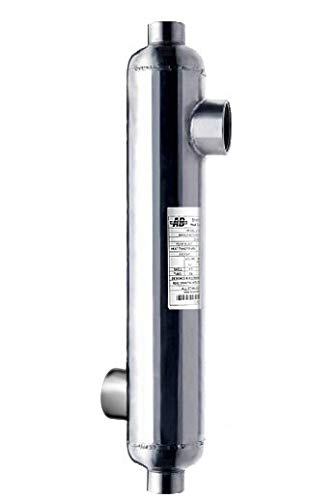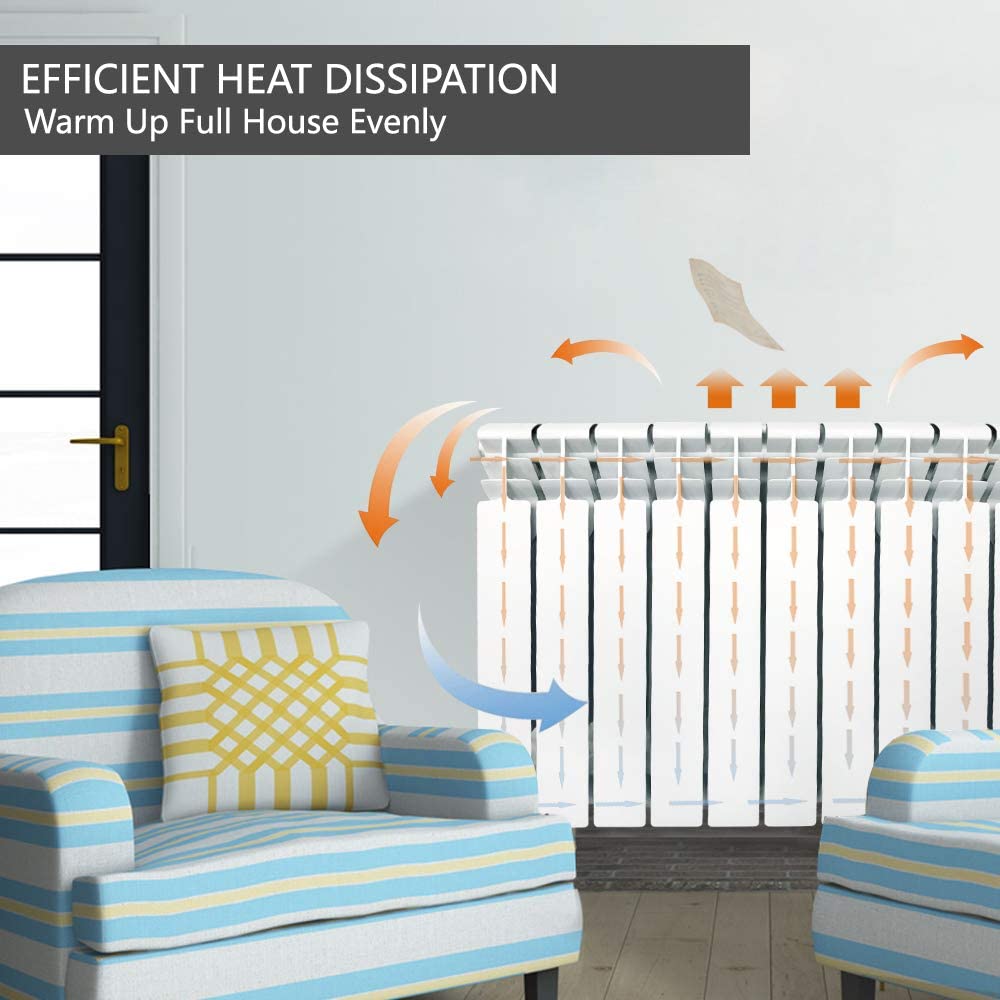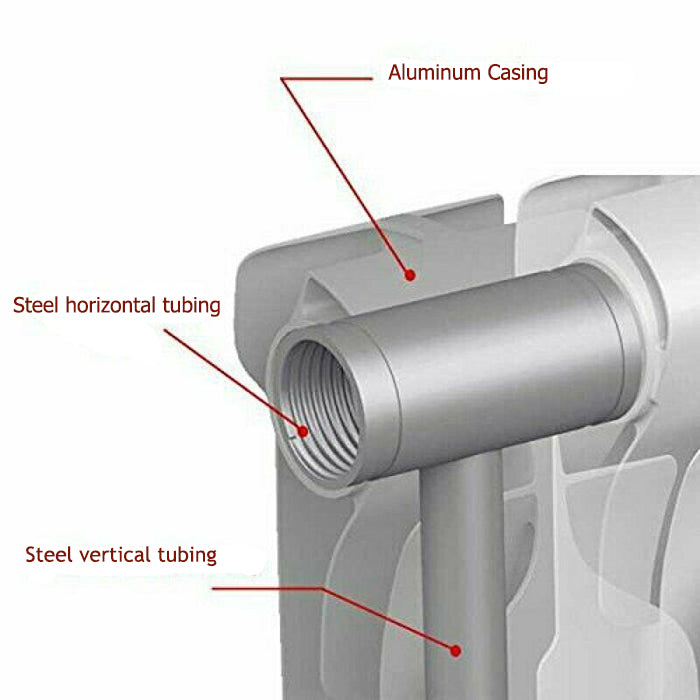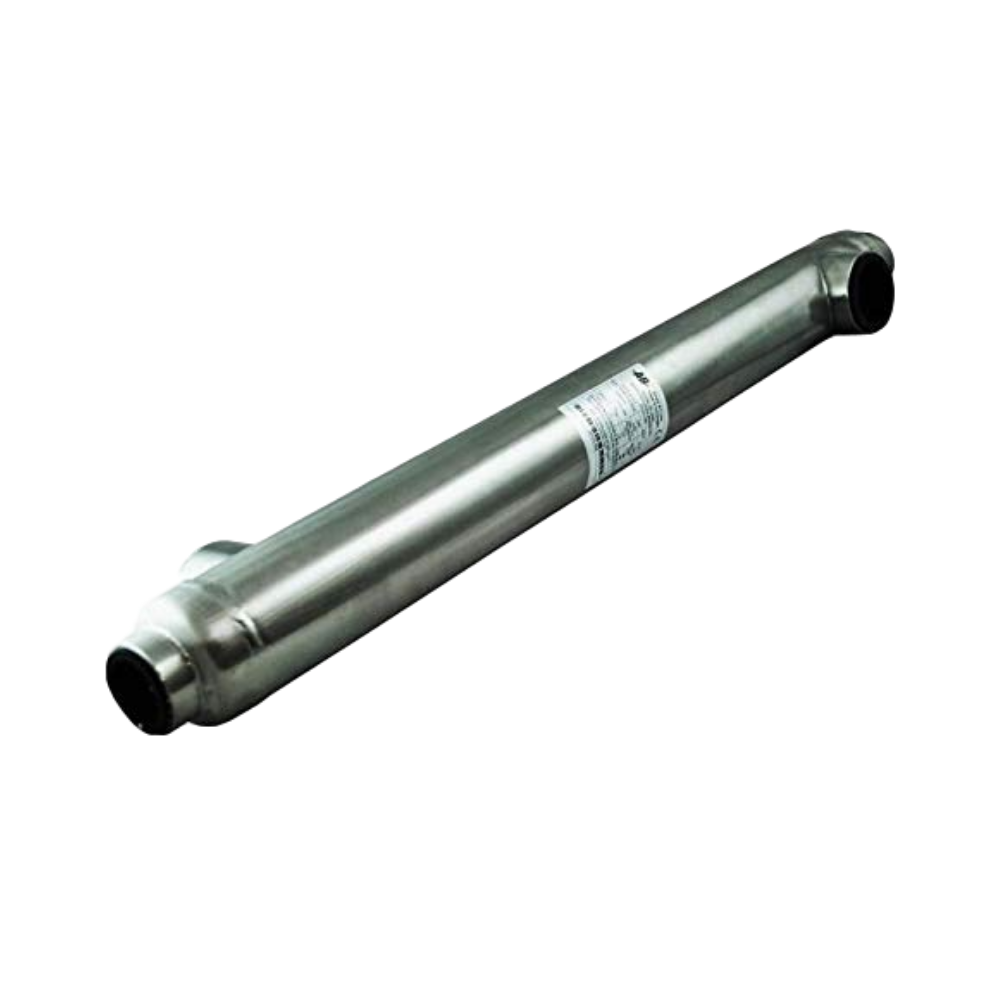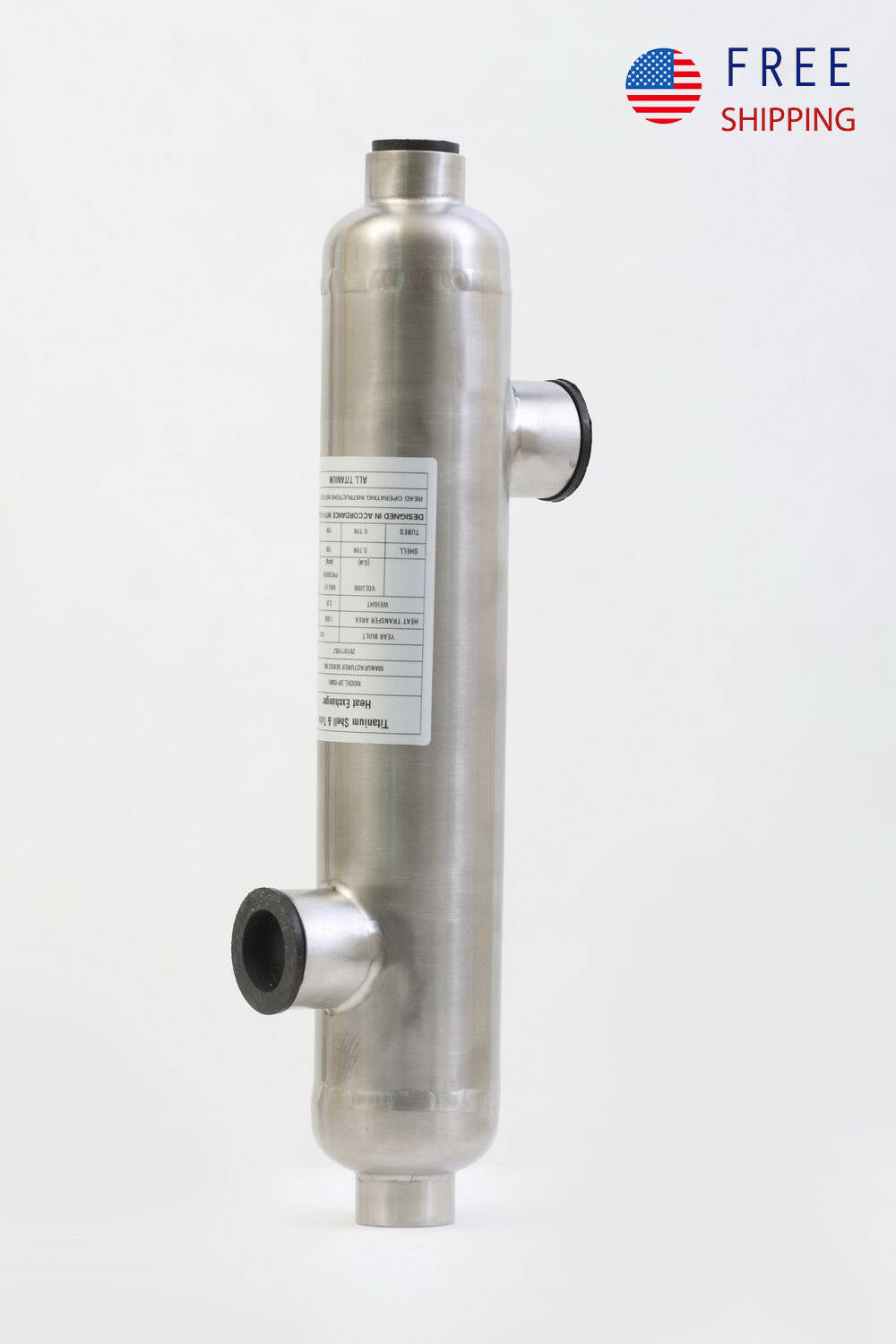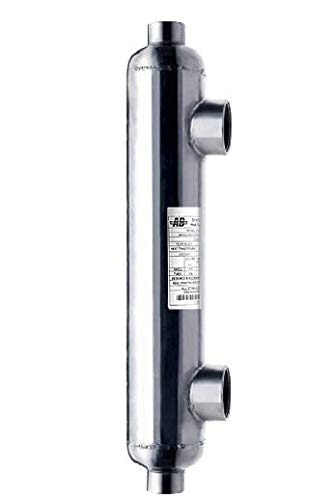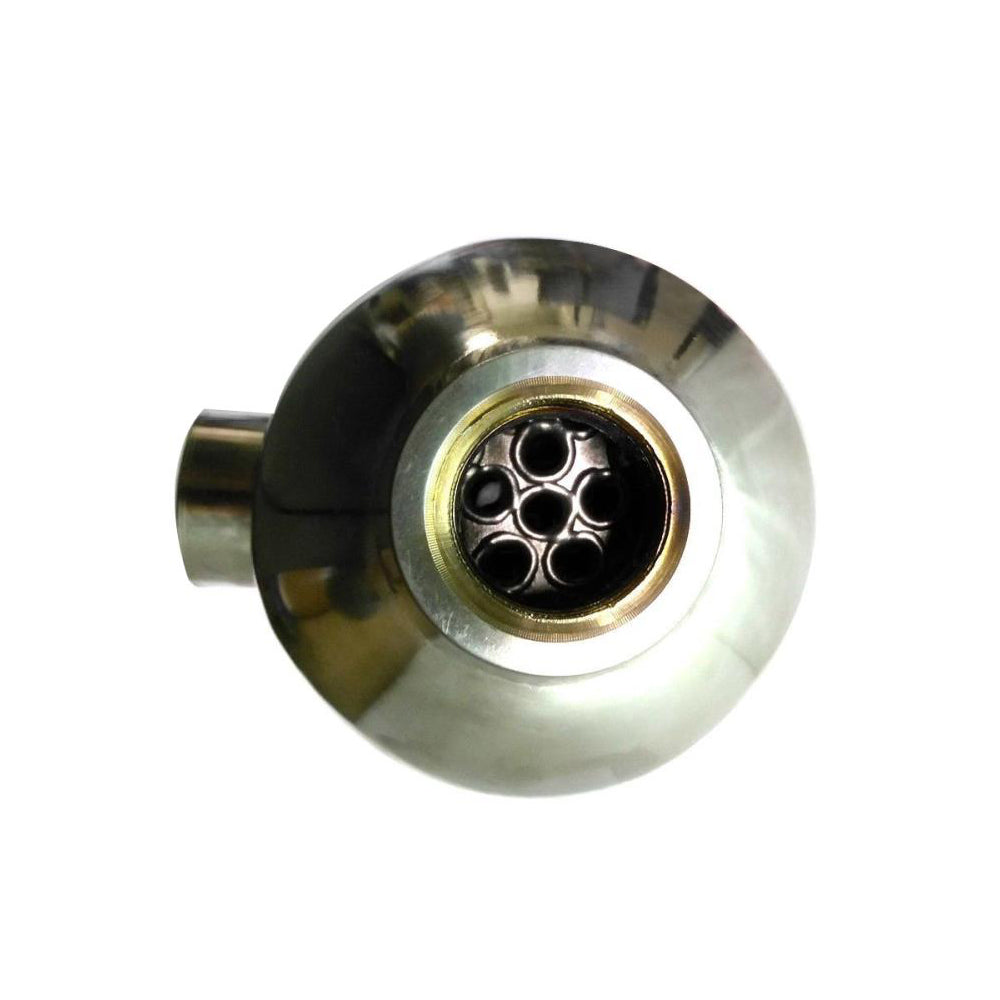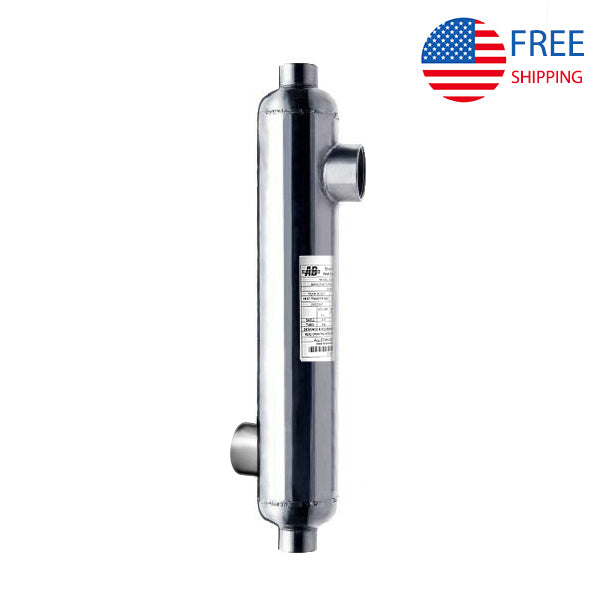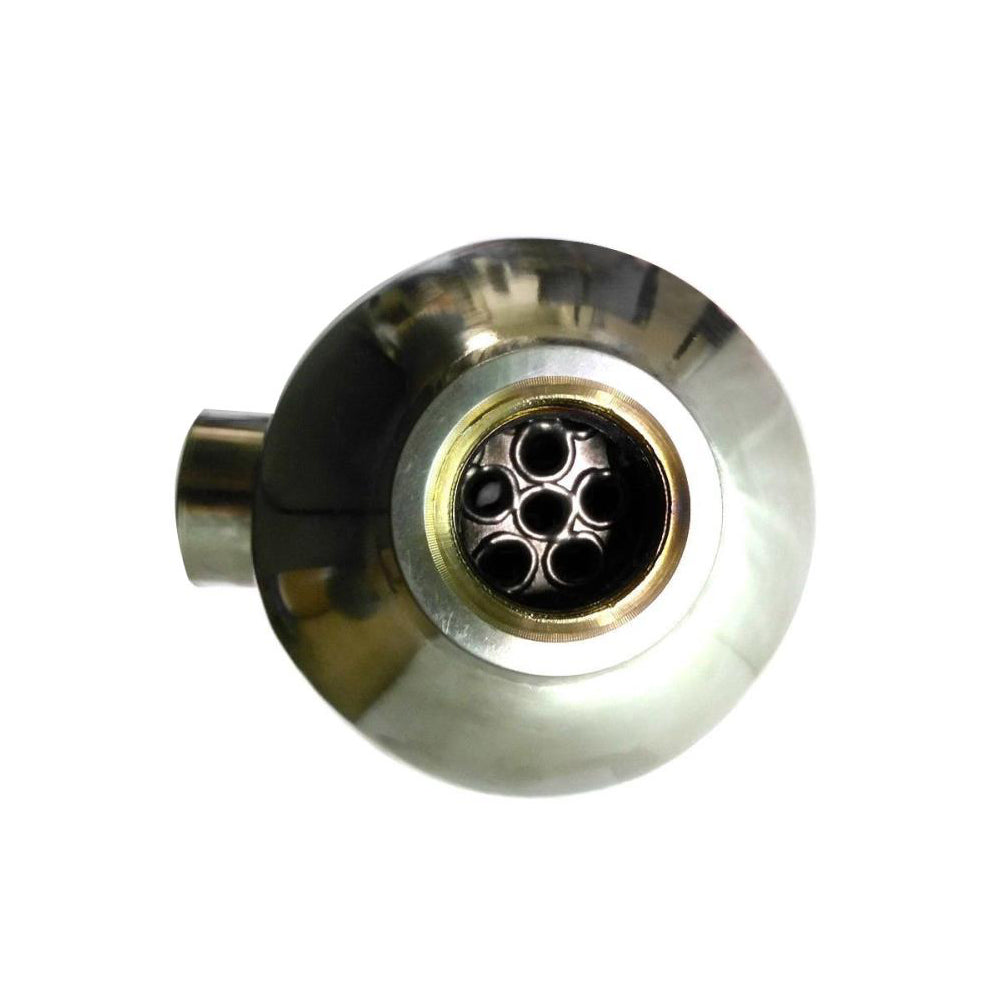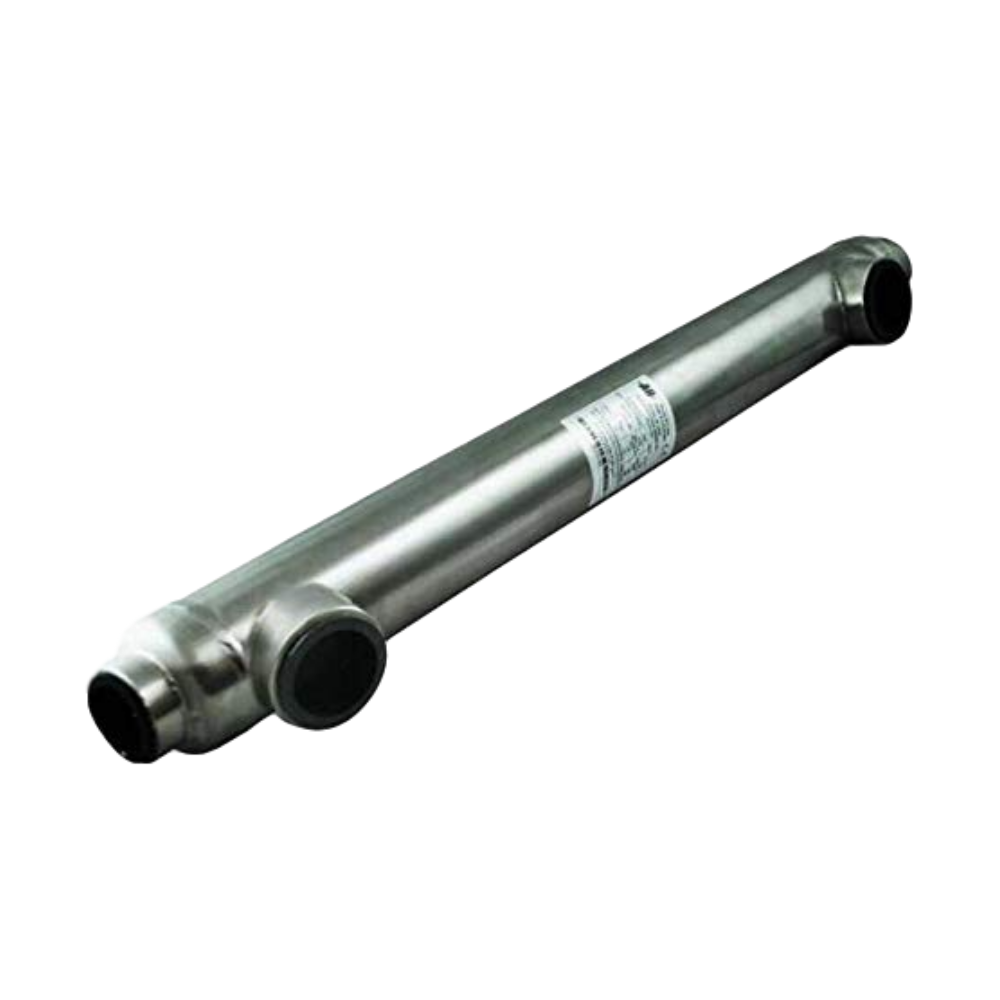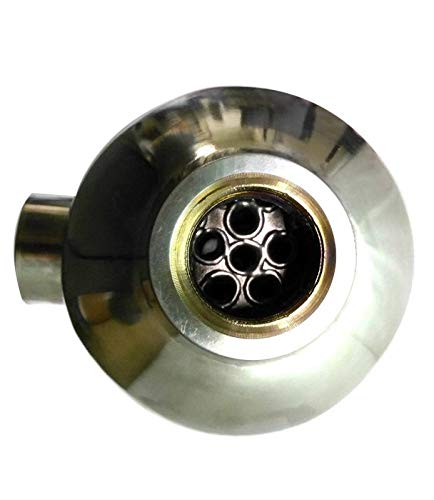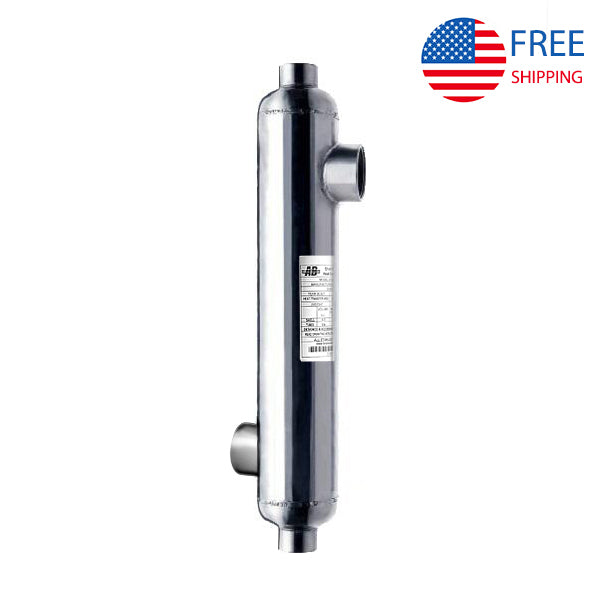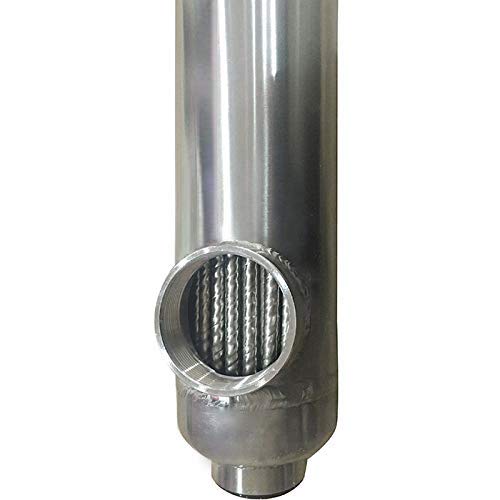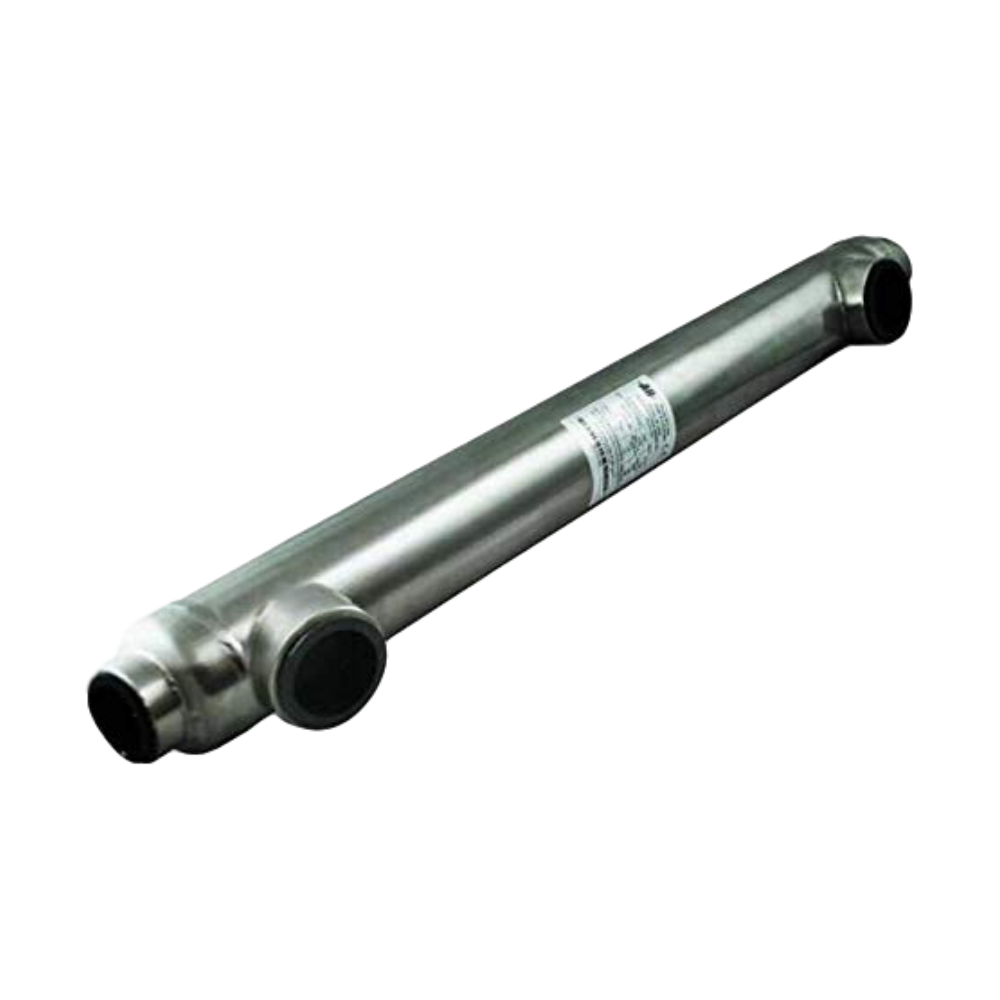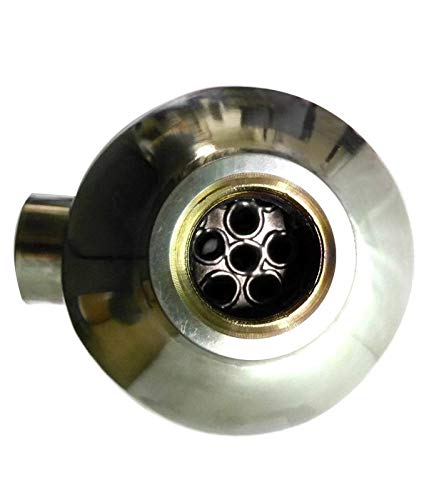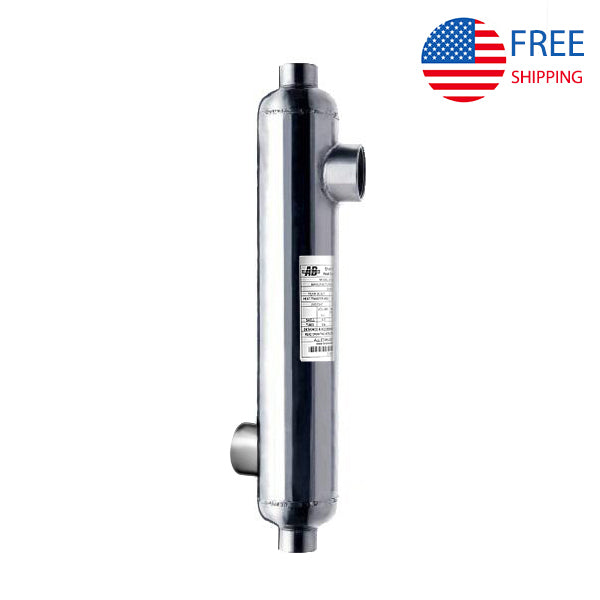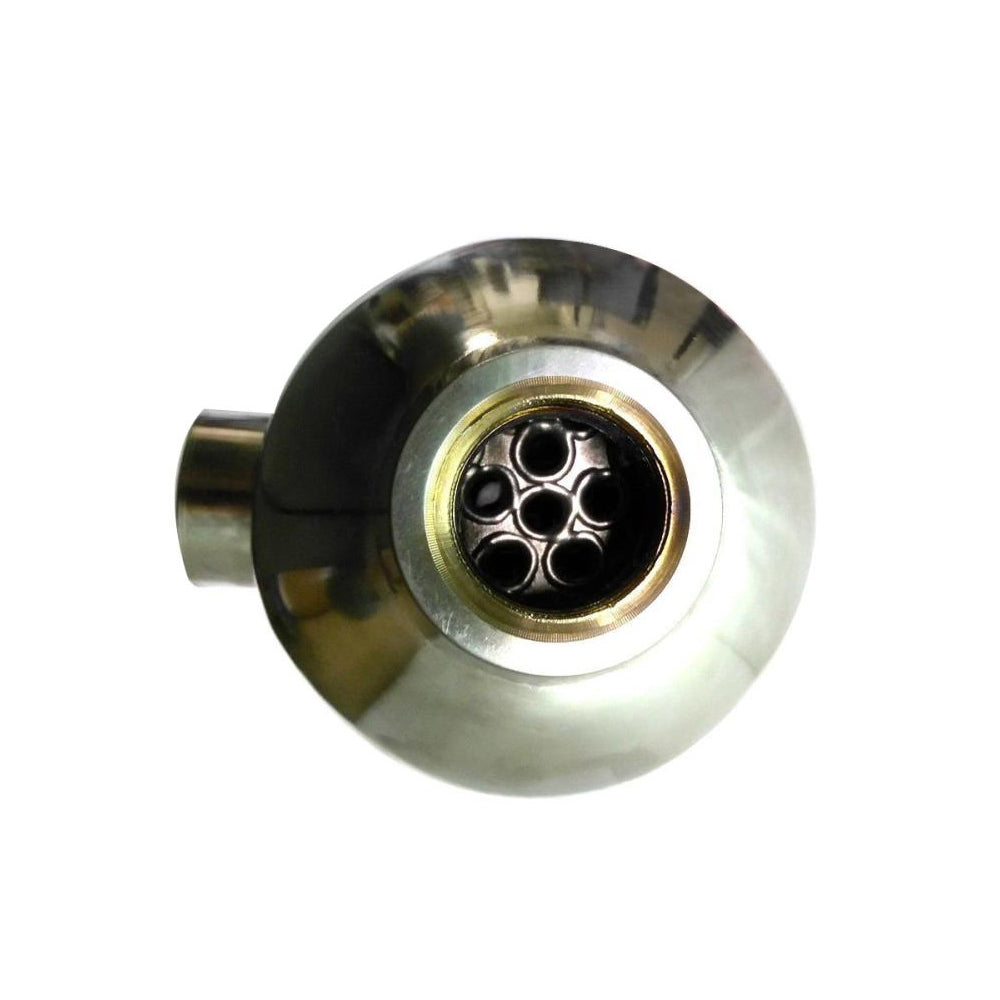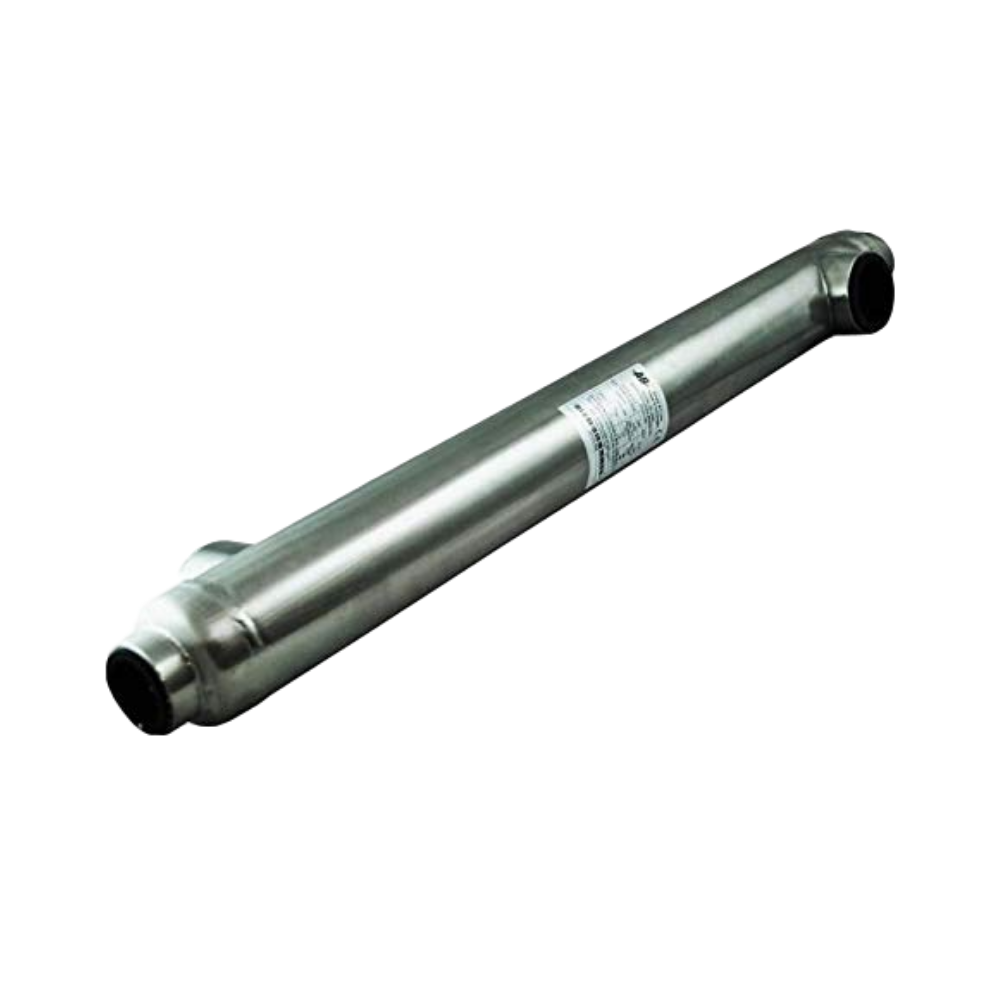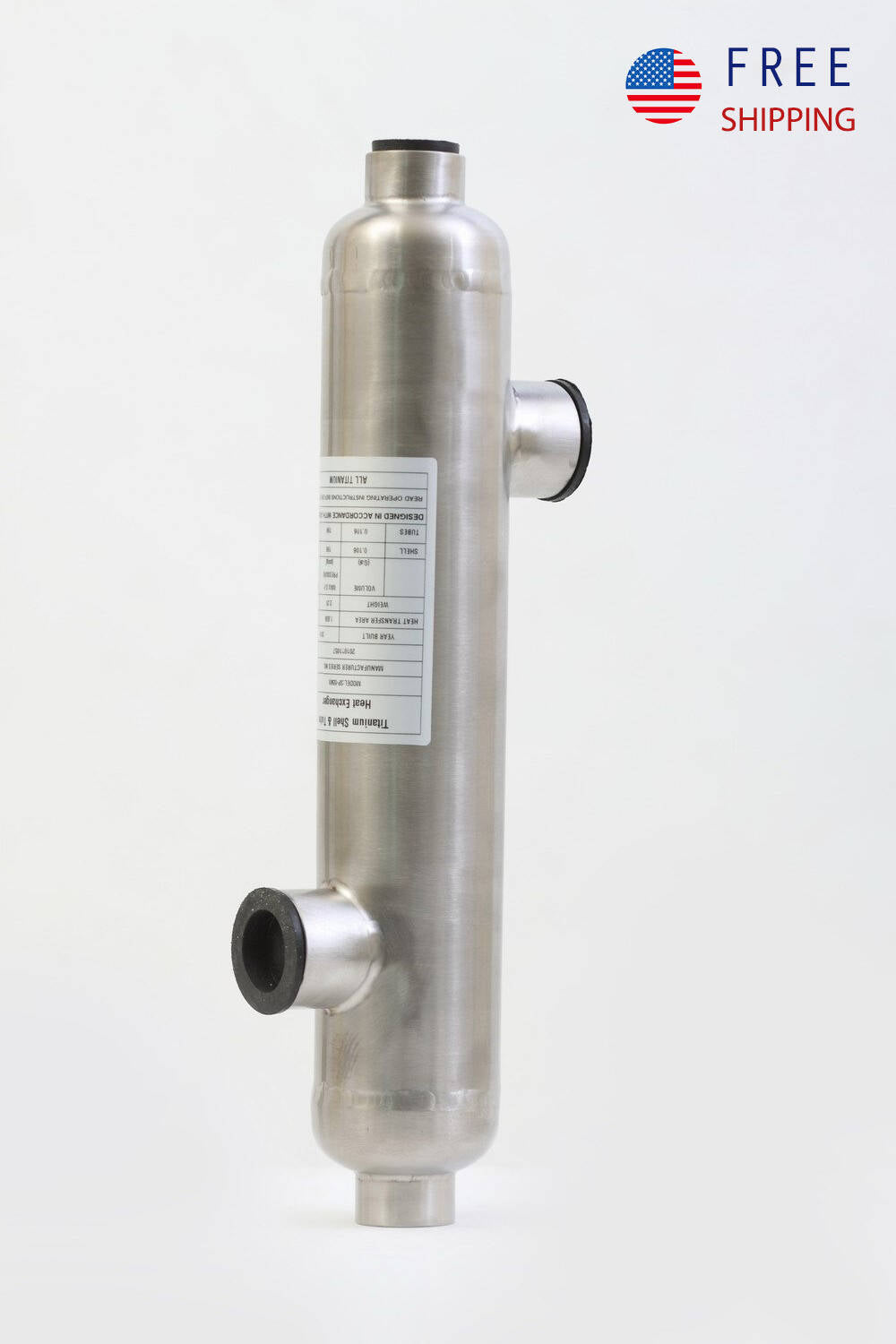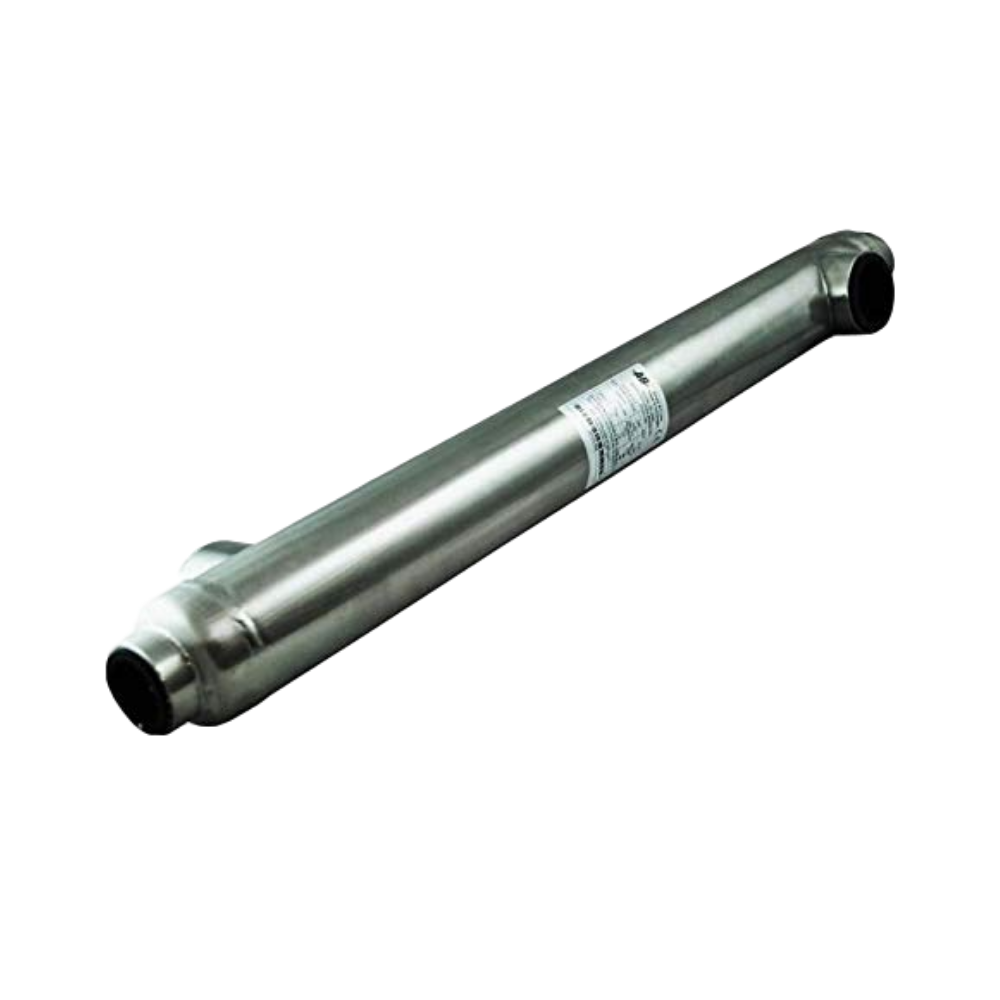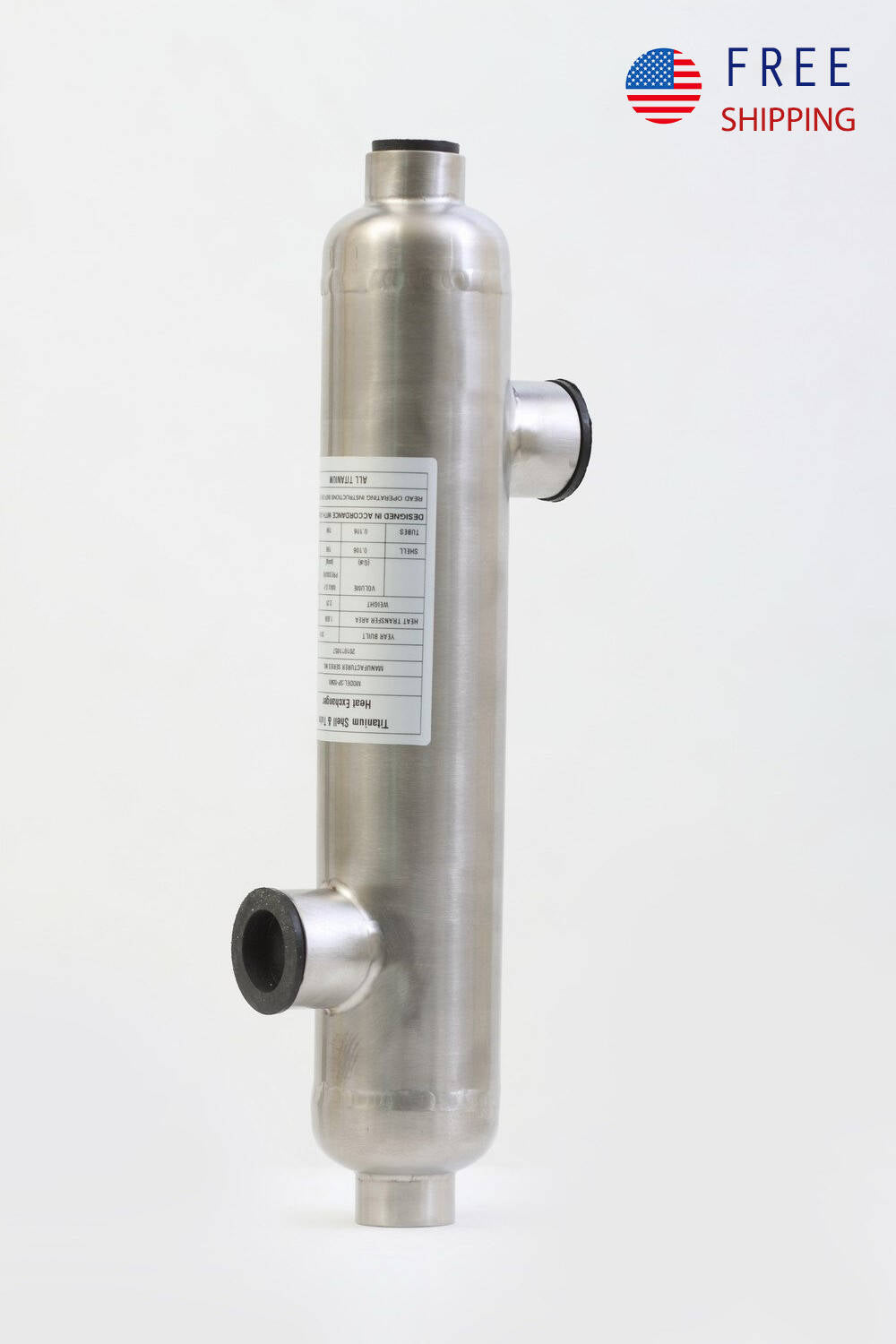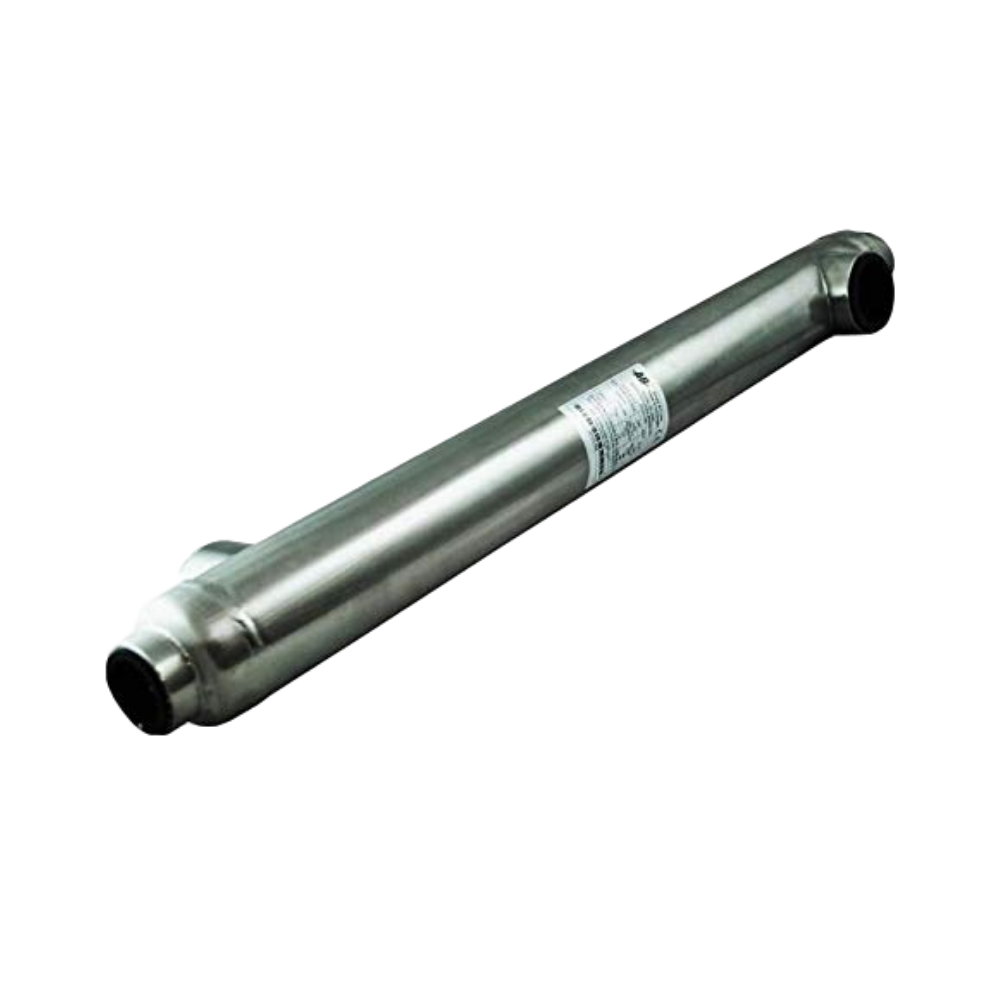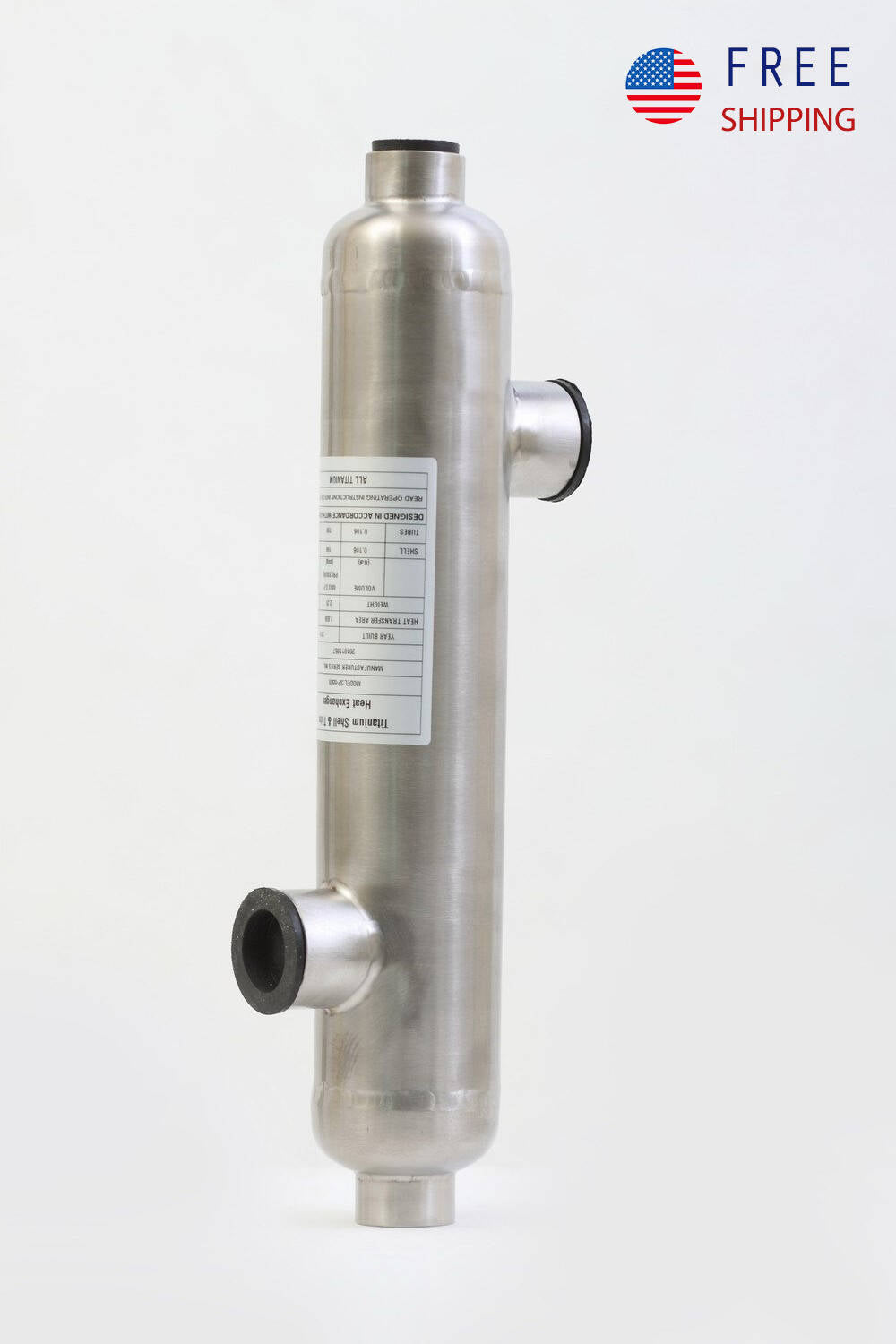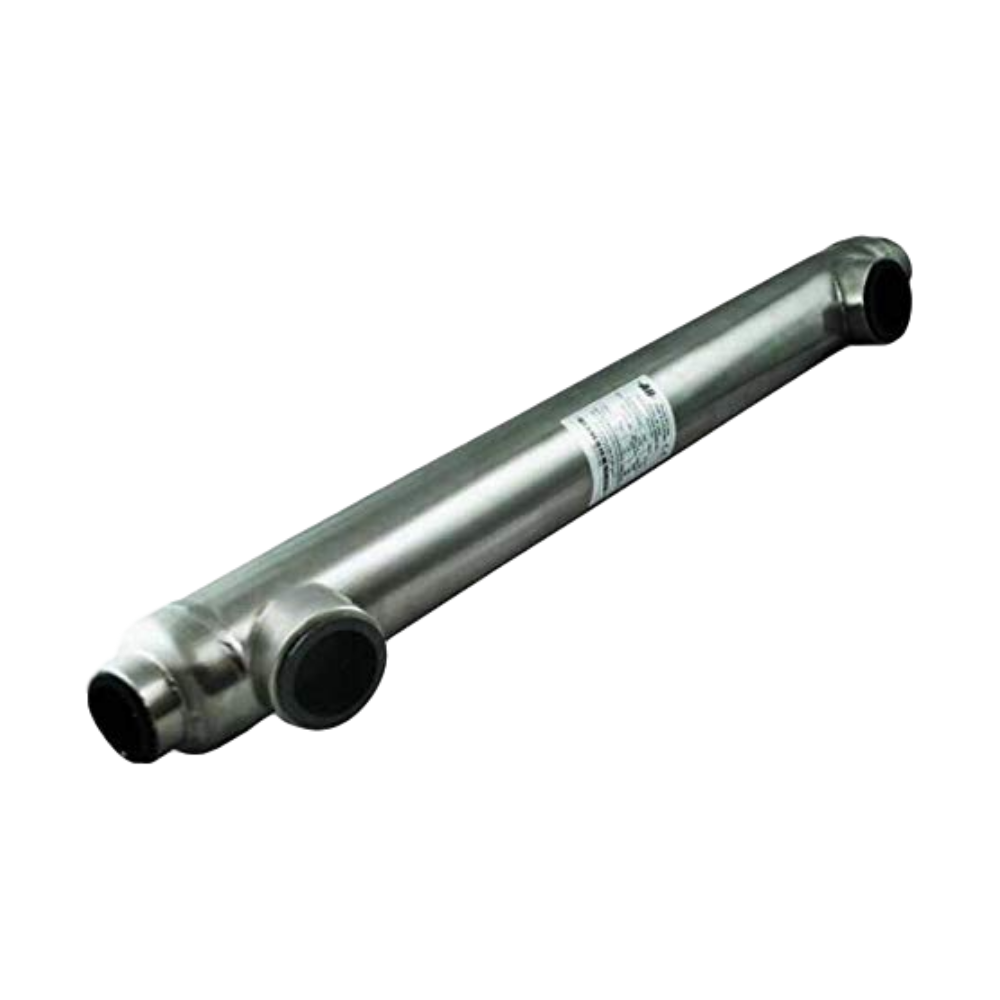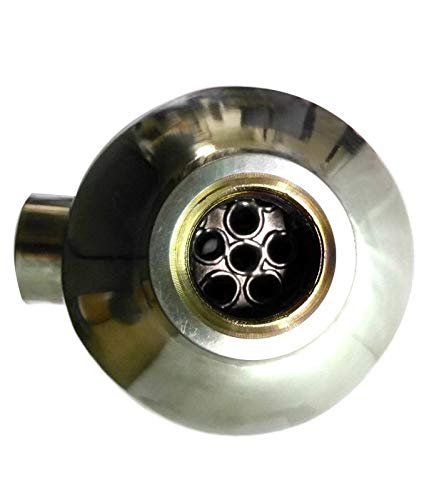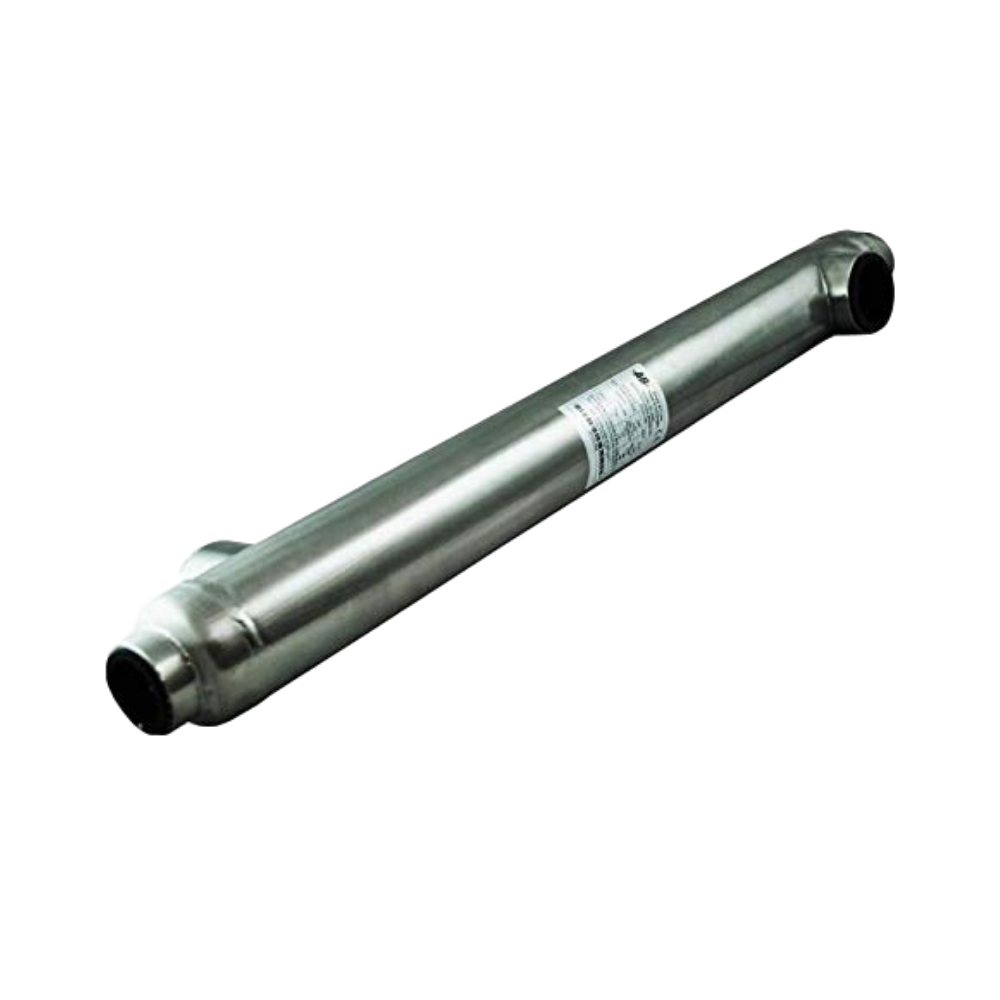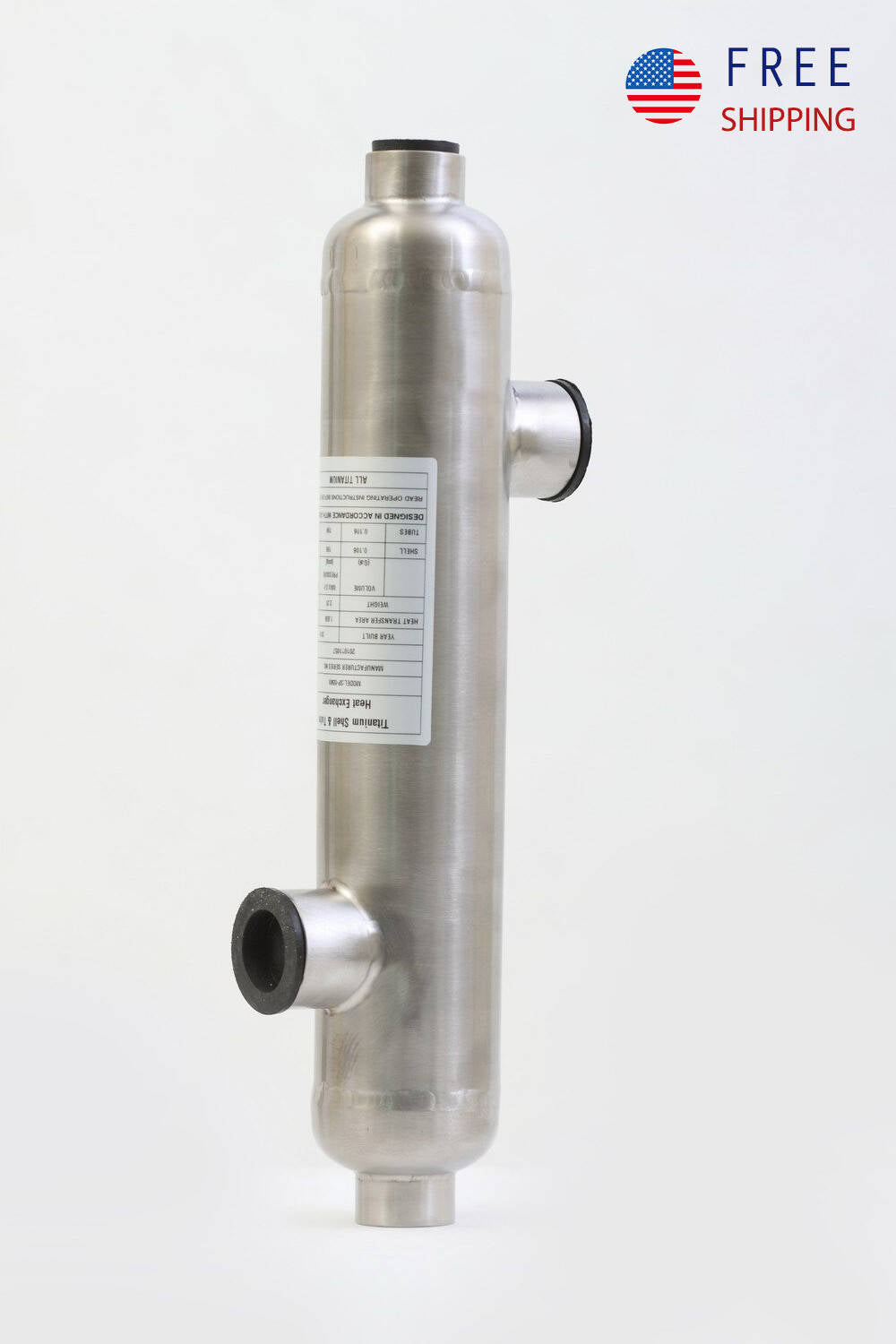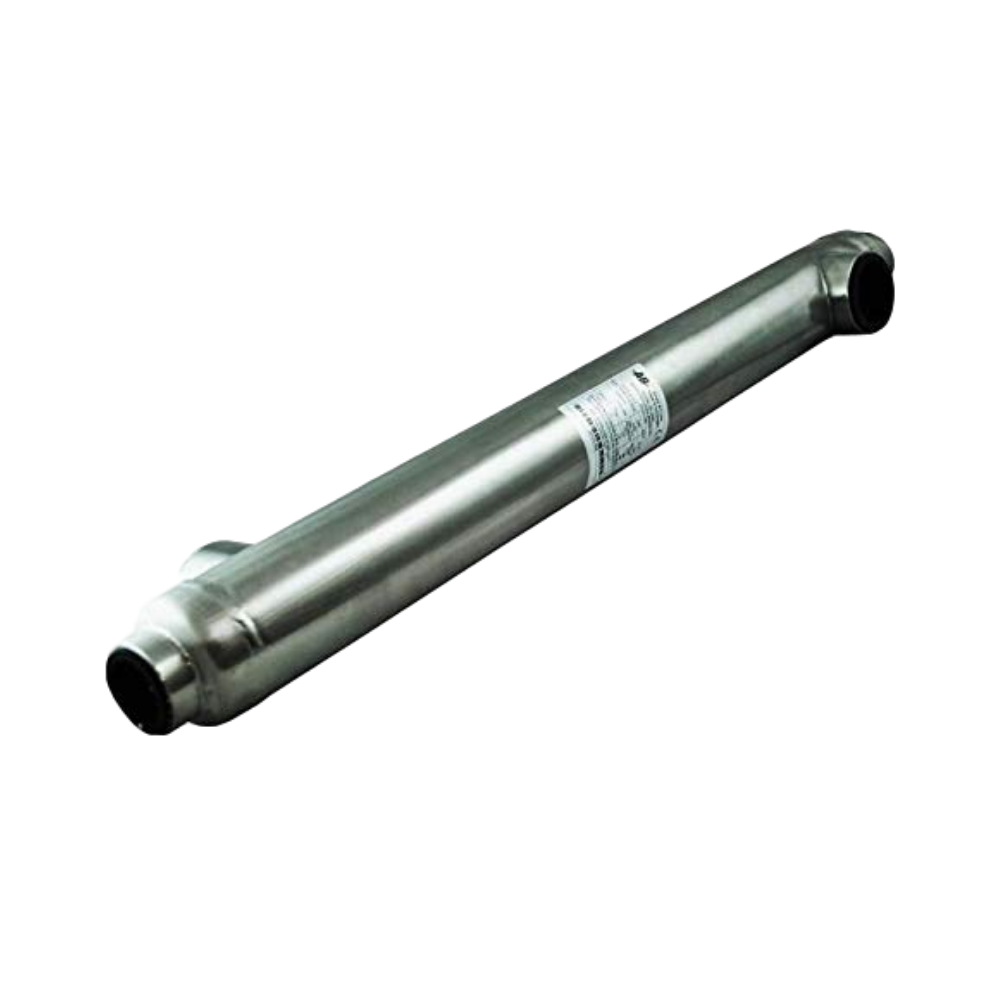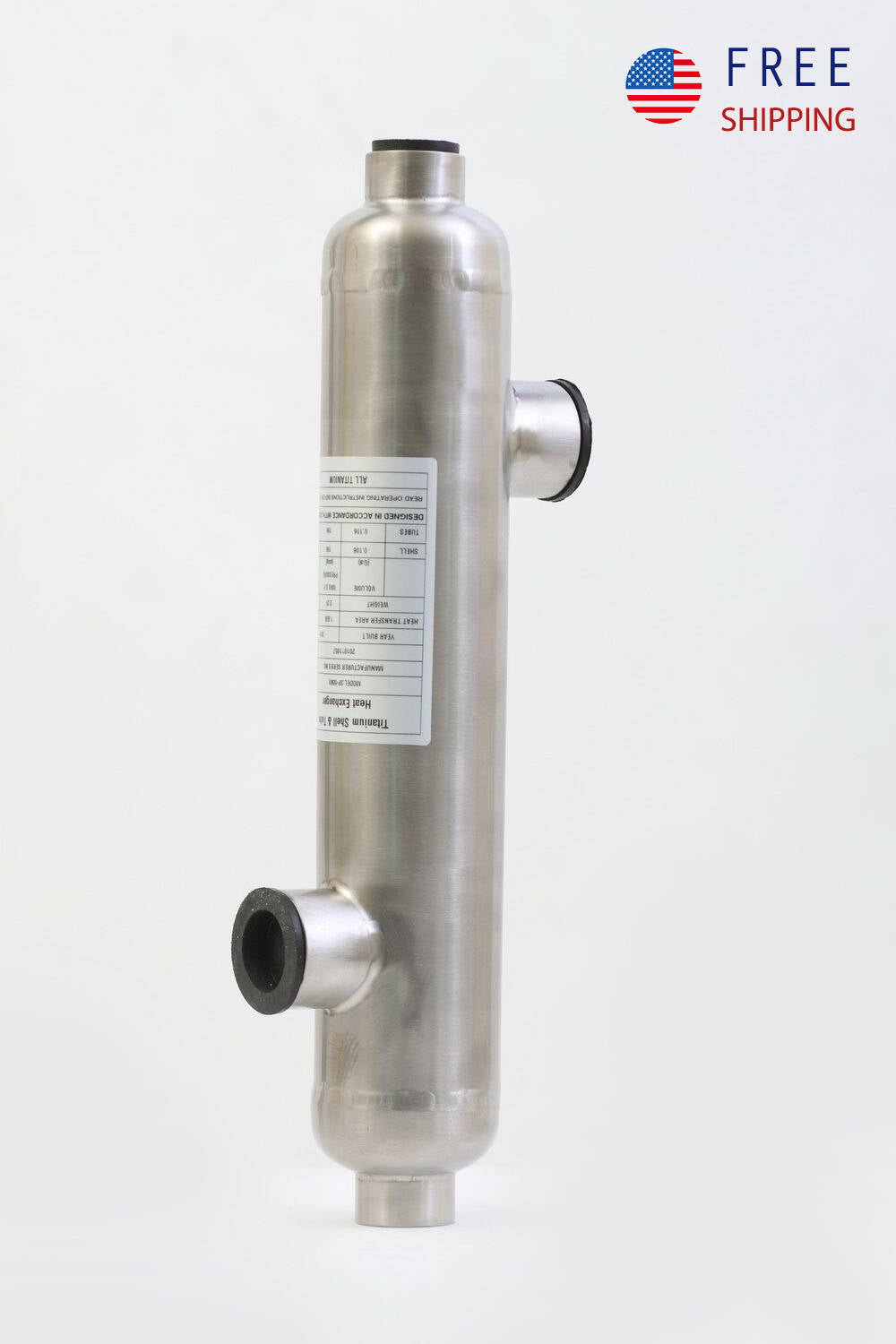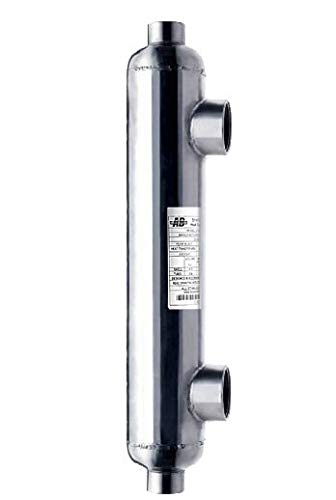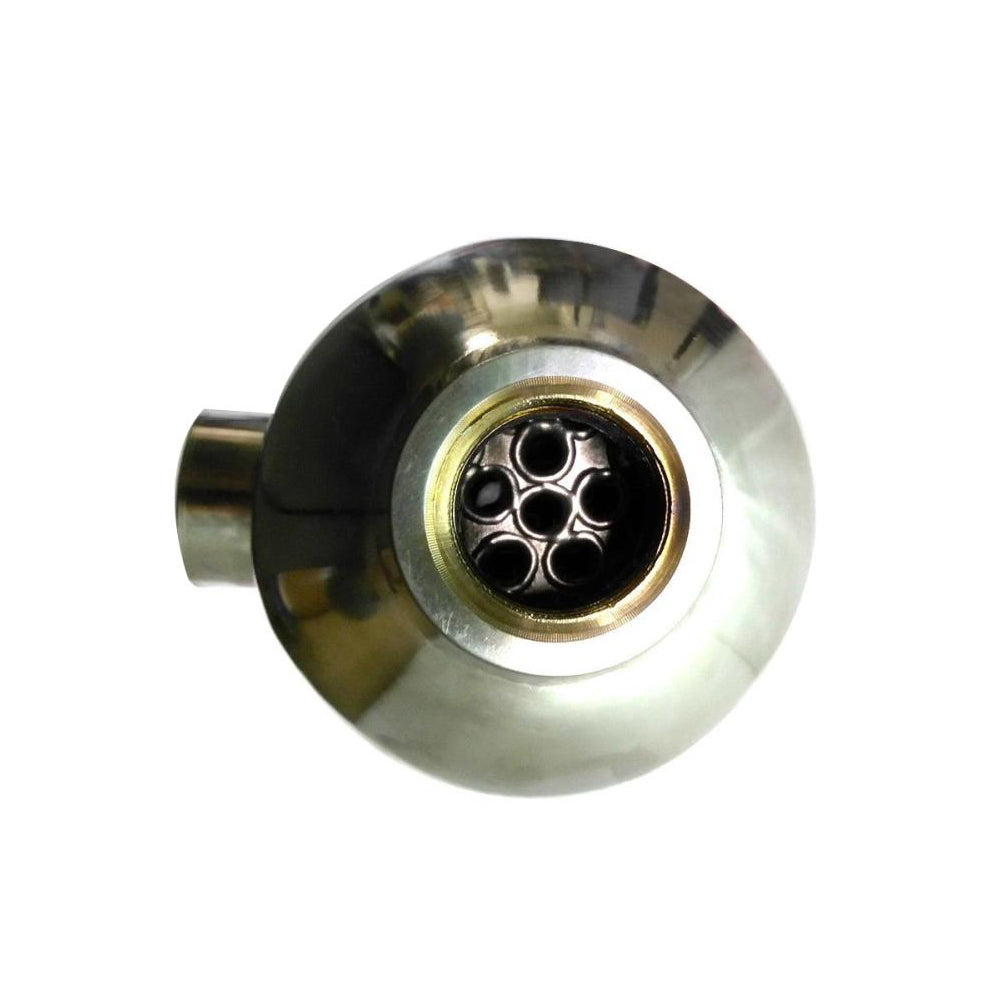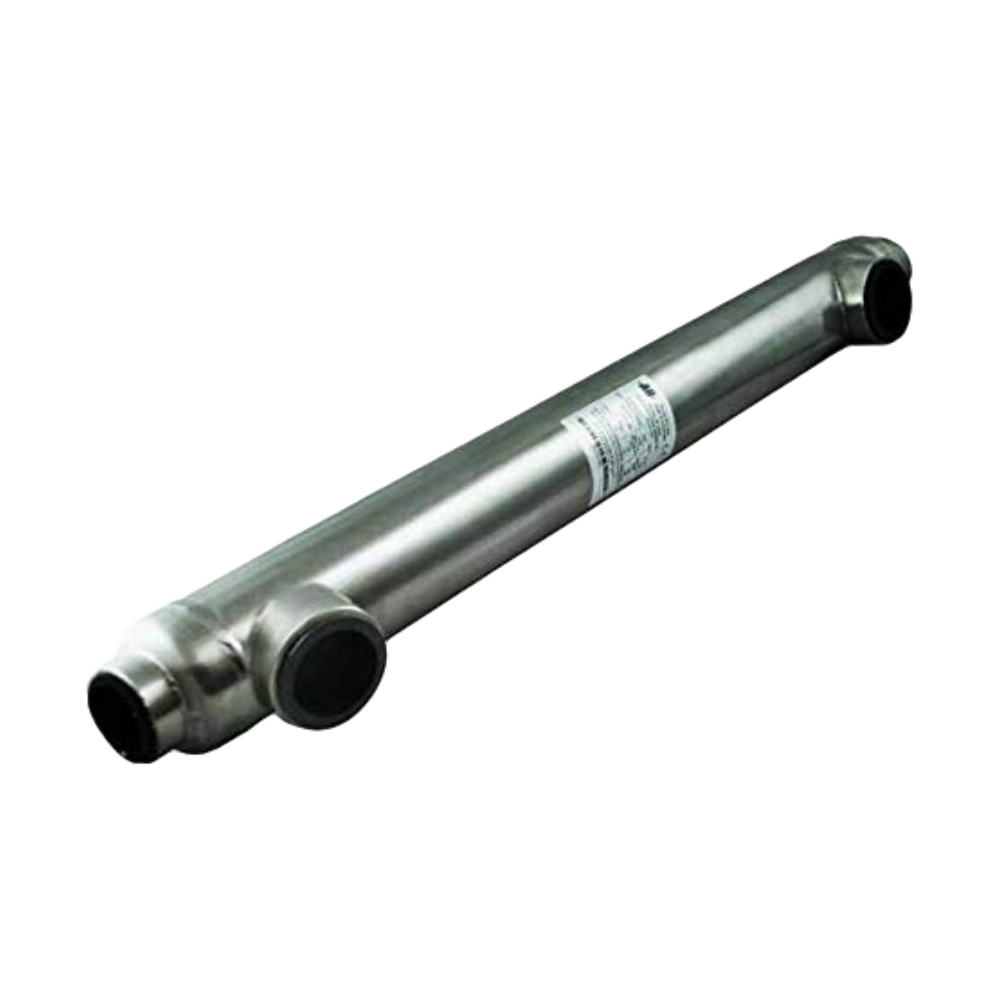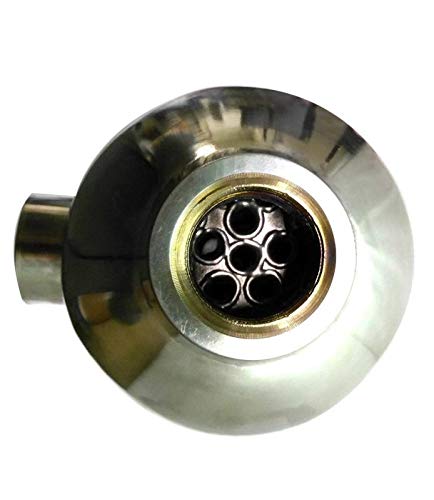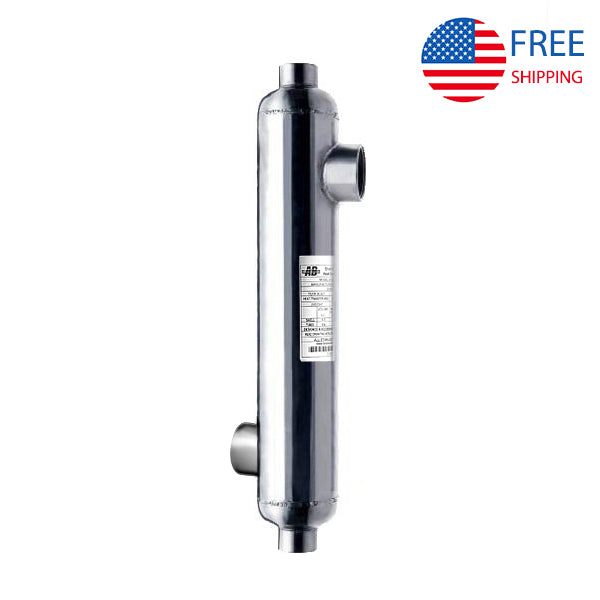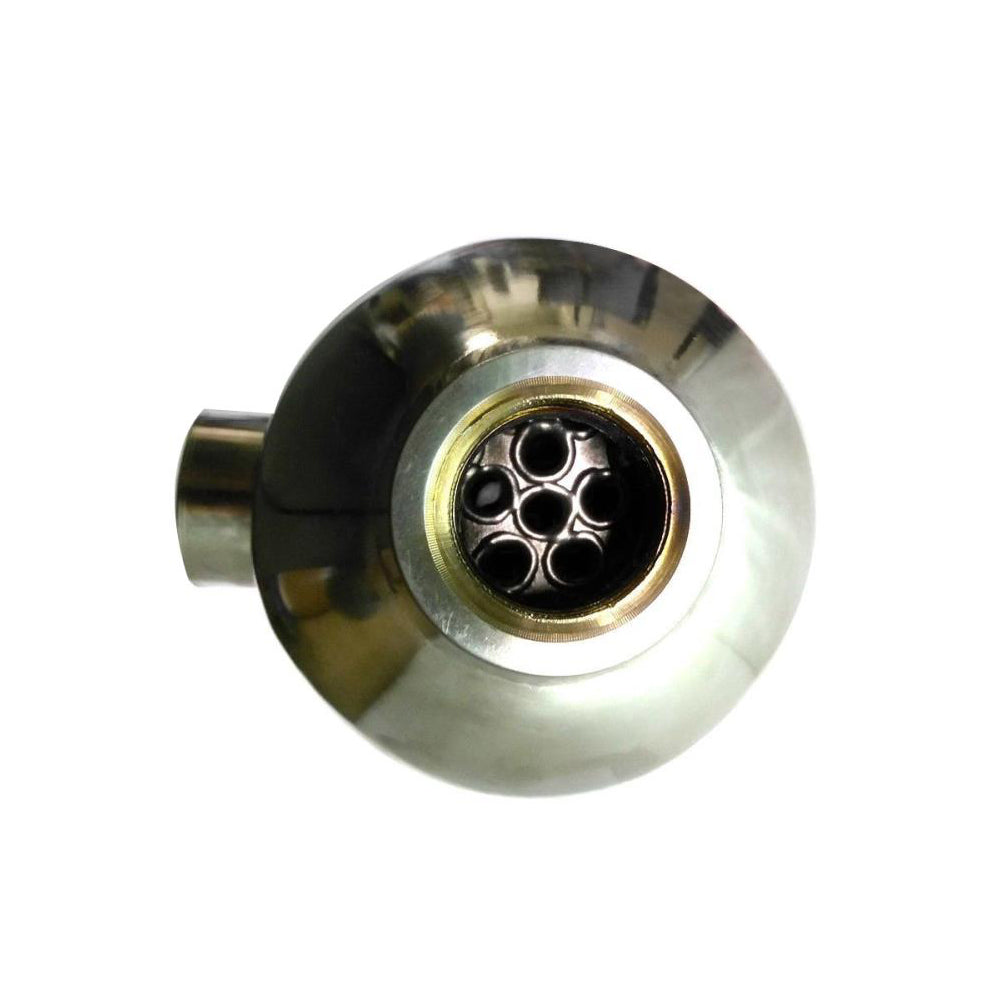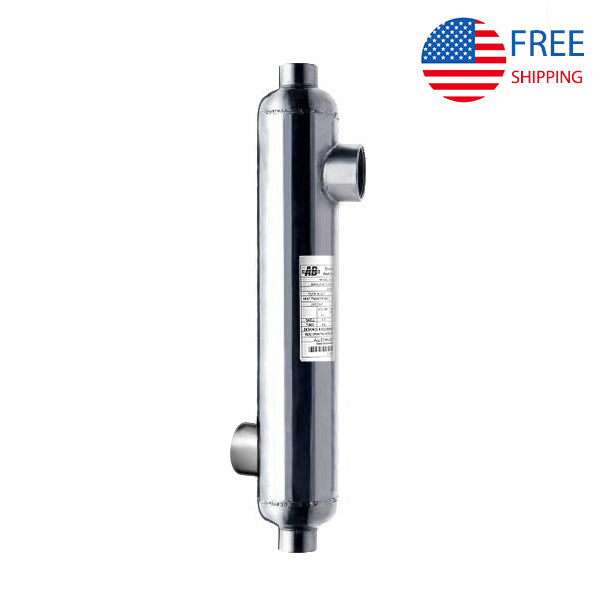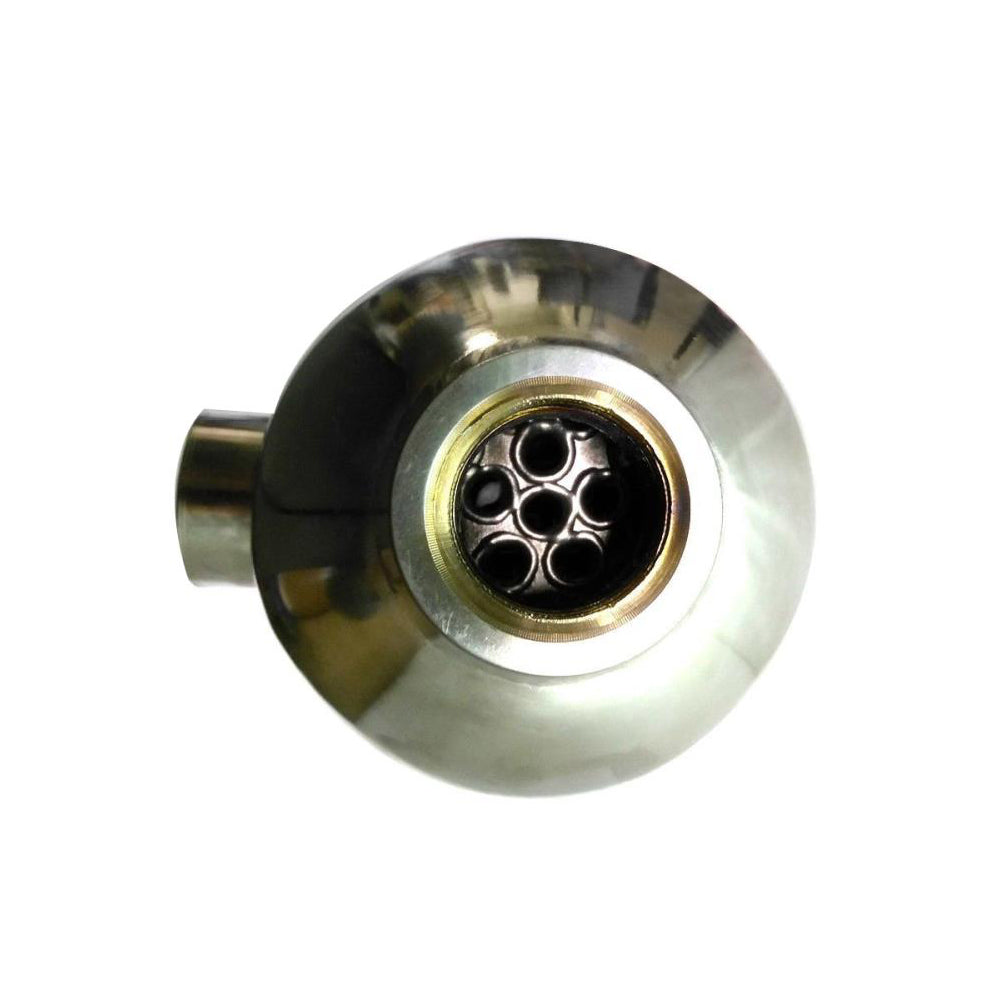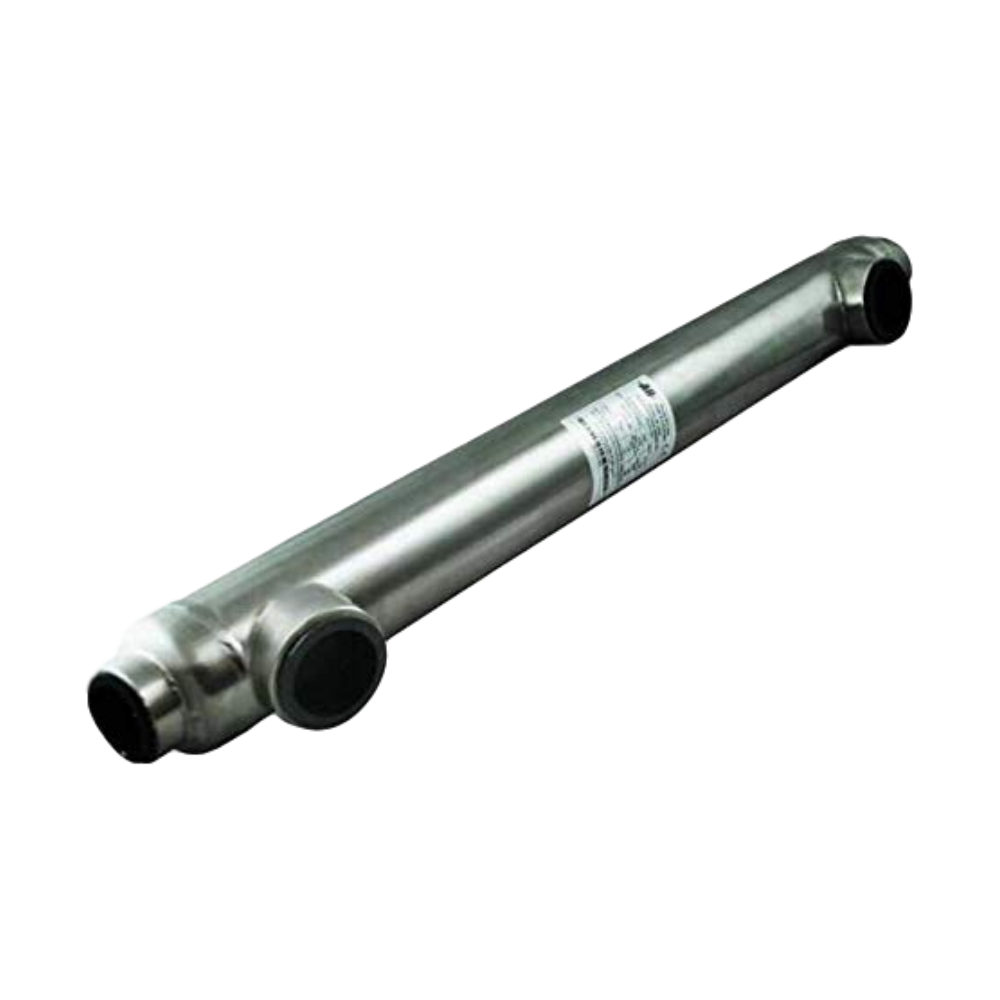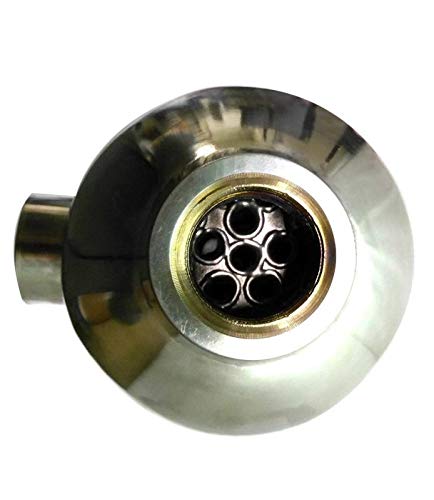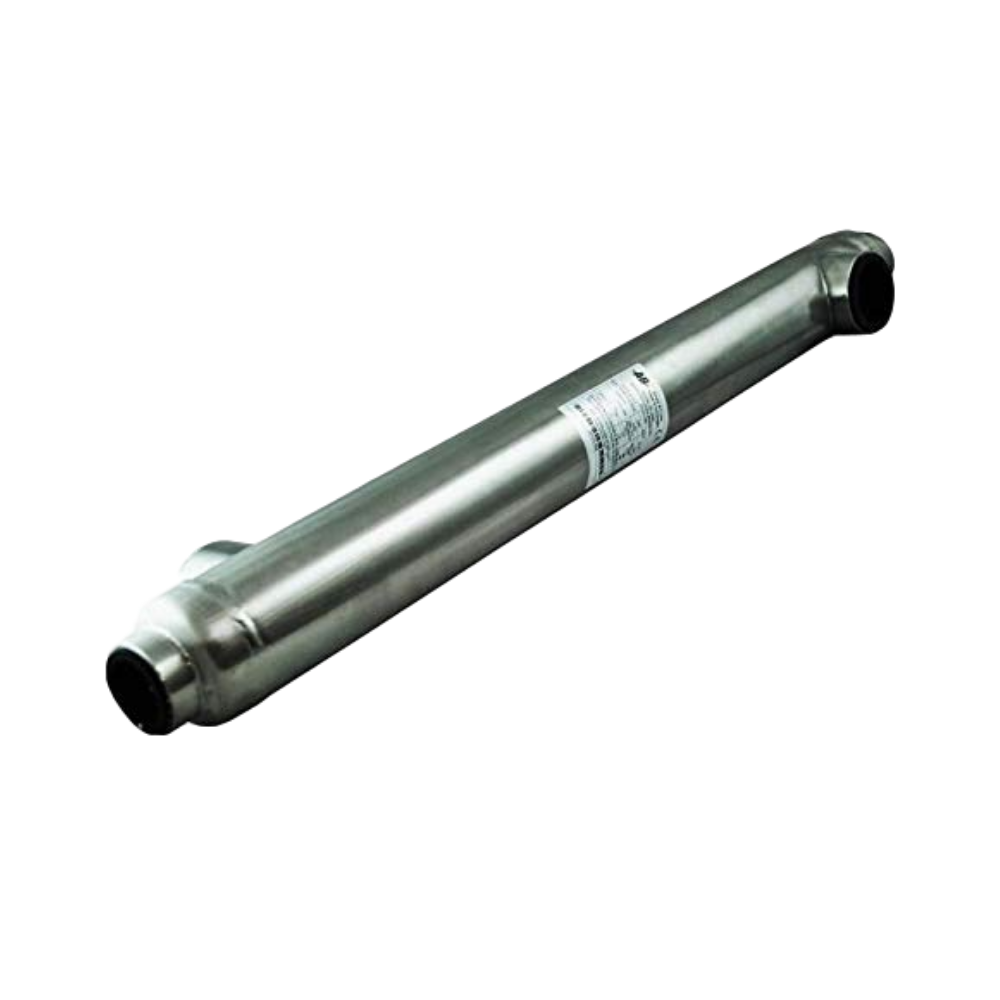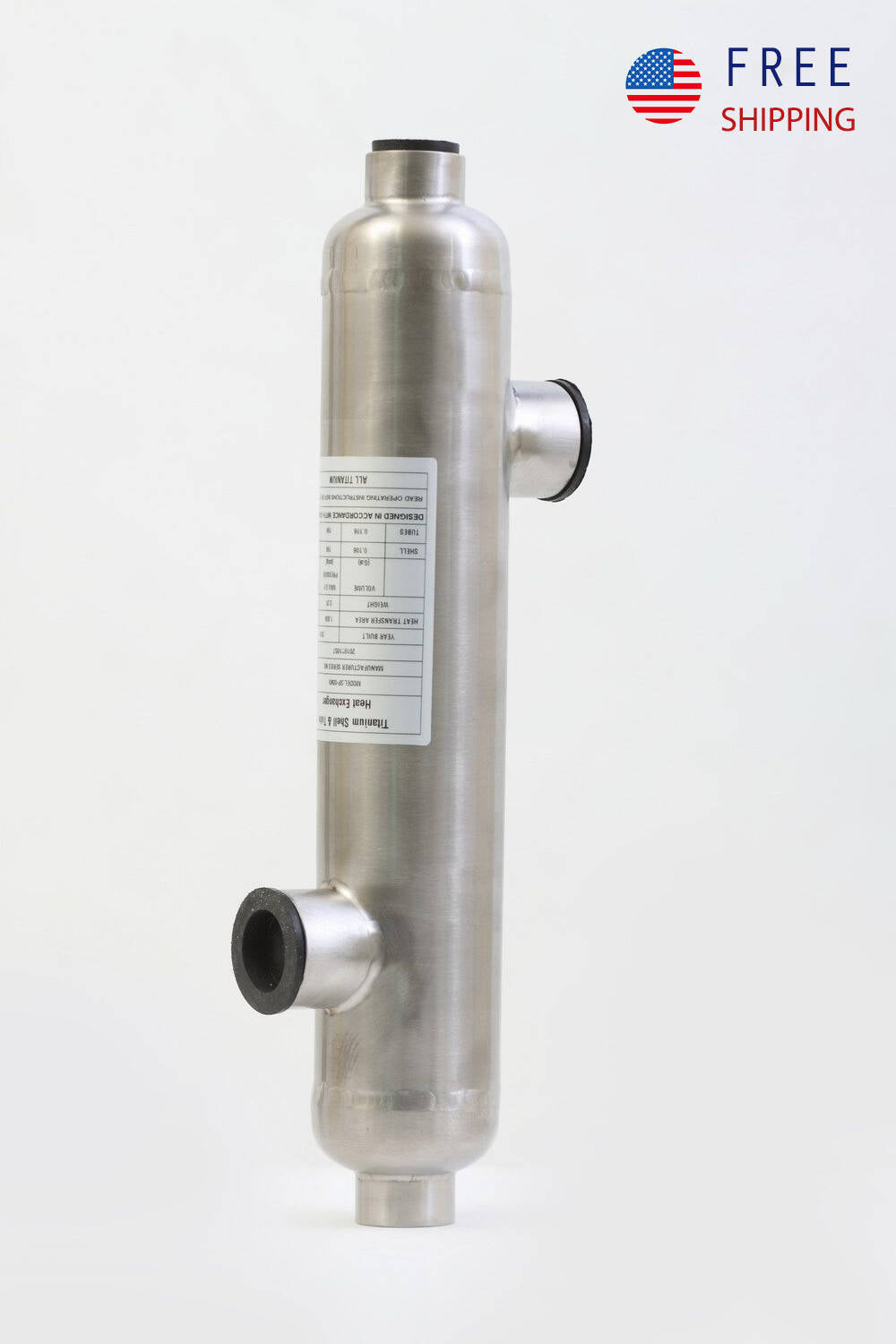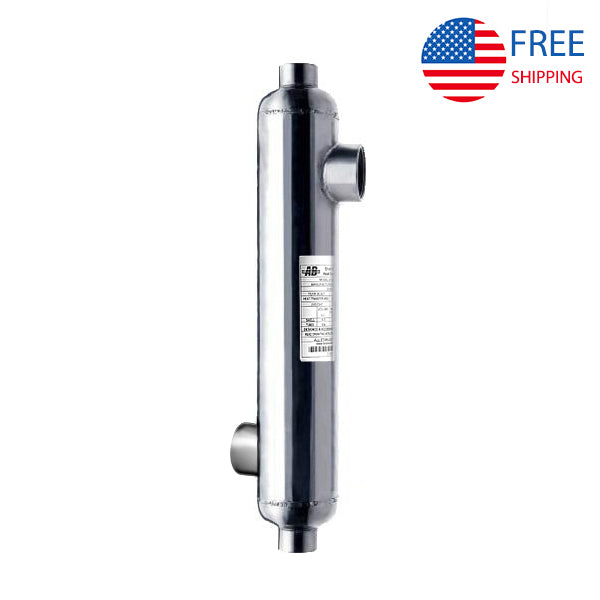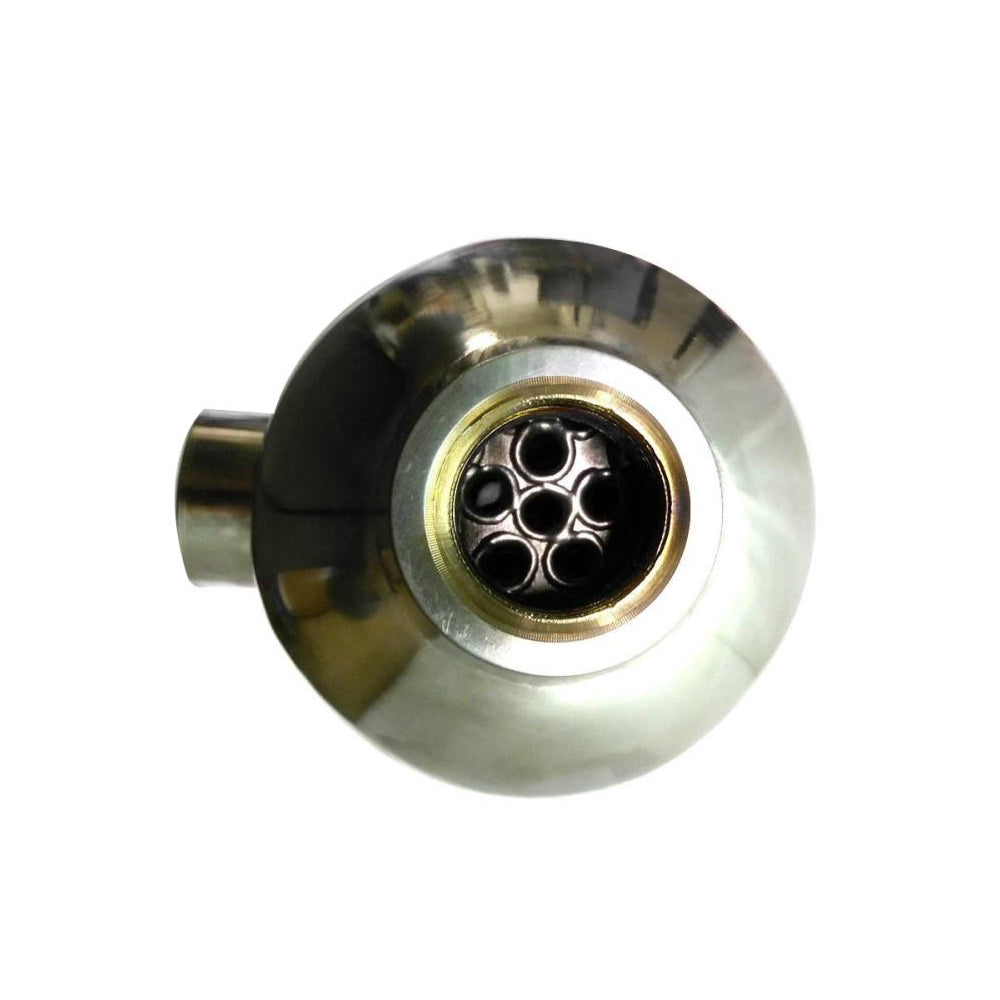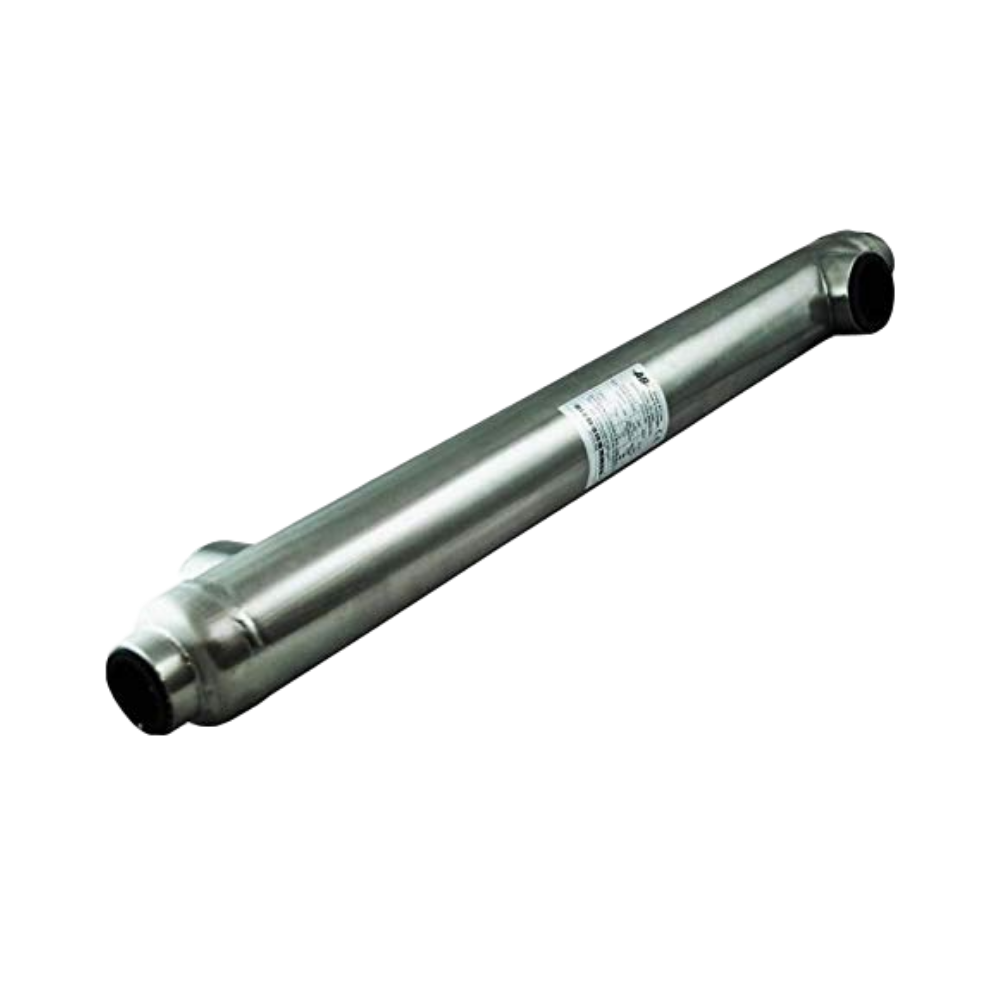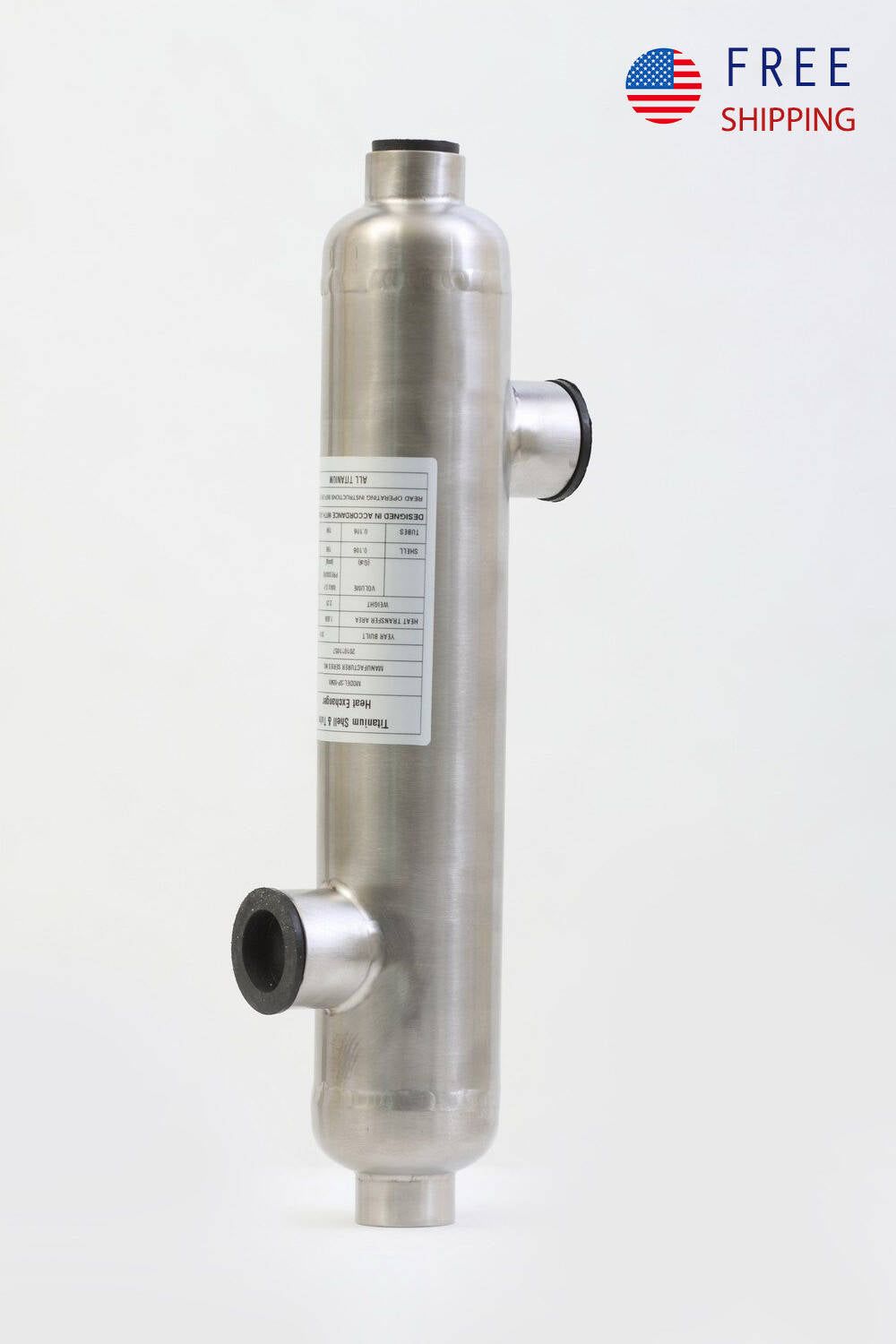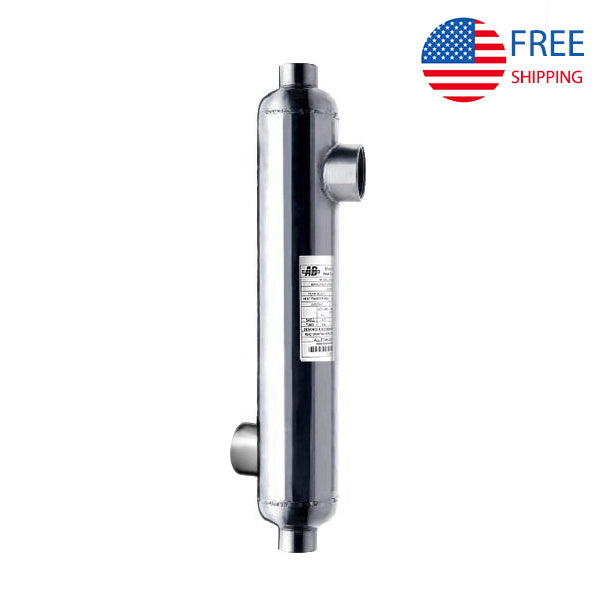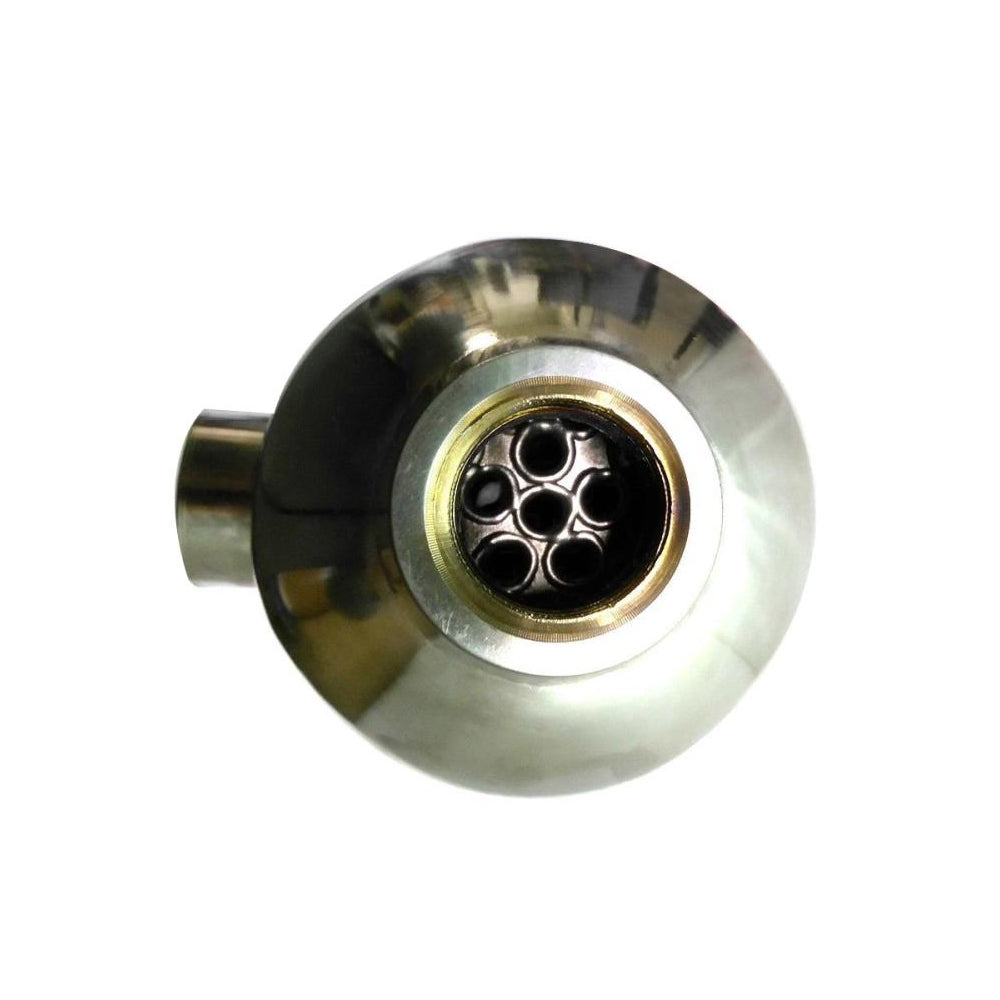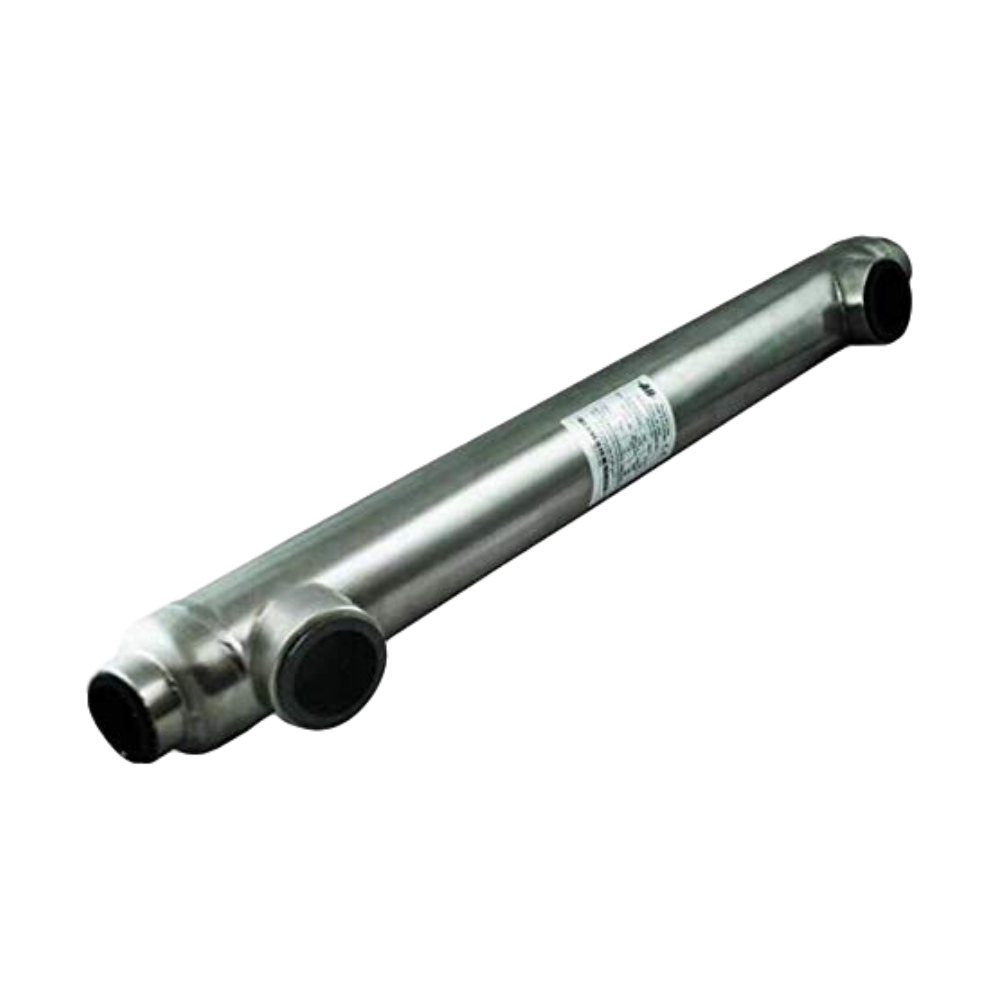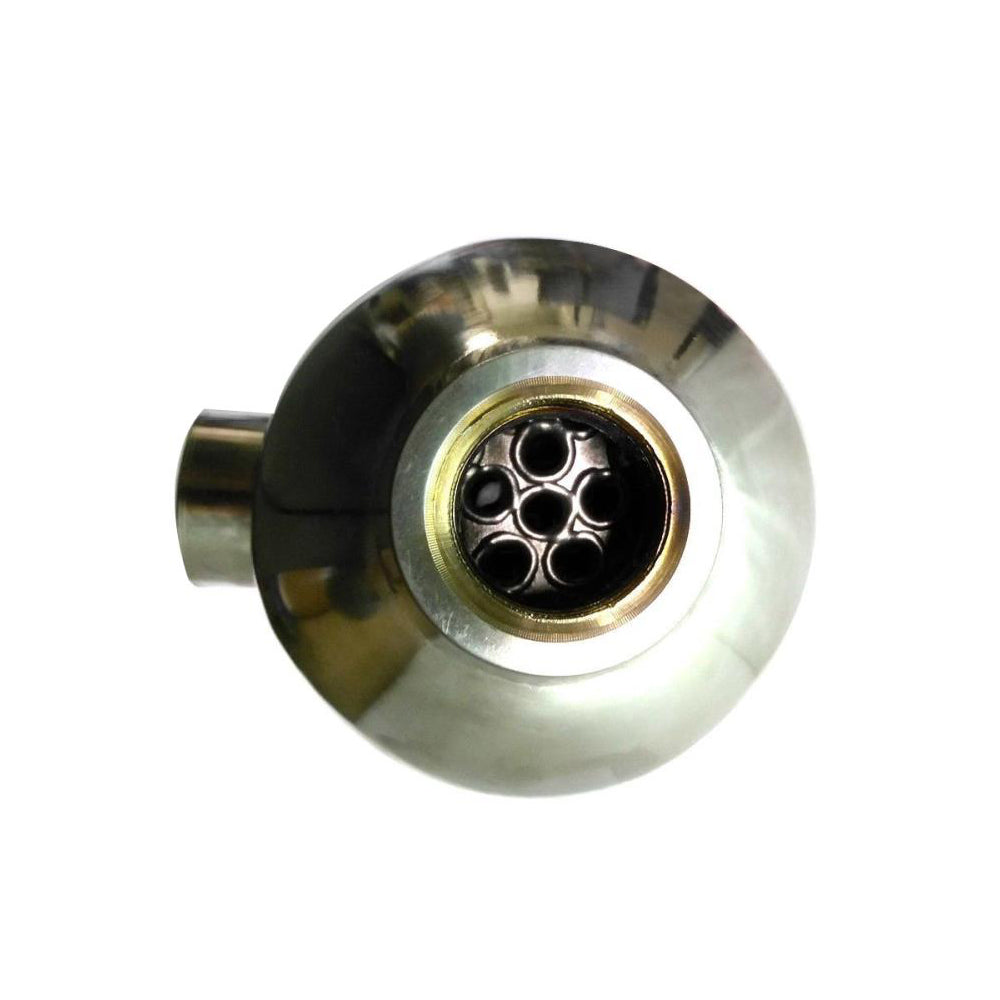Keep your pool warm and ready to use with our Pool Heat Exchangers. Choose from durable stainless steel or titanium models that work with many heat sources. Easy to install, efficient, and built for long-term use. Check sizes connection types, and find the right fit for your setup. Shop now and upgrade your pool heater system today.
Efficient Solutions for Swimming Pool Temperature Control
Keeping your pool water at the right temperature can make all the difference in how often it gets used. That’s why more homeowners and commercial facilities are investing in Pool Heat Exchangers to maintain consistent warmth throughout the season. These systems don’t generate heat directly but transfer it efficiently from your existing boiler, solar panels, or other heat sources to the water in your pool. This method = faster heat-up time + lower energy usage.
Our range includes models built for durability and performance, with material options like stainless steel 316L and titanium to handle freshwater and saltwater conditions. You’ll find options suitable for residential pools, spas, and larger commercial systems. Every unit is designed with corrosion resistance and long-term reliability in mind.
By incorporating a pool heater into your system through a heat exchanger setup, you will improve comfort and help extend your swim season well beyond summer.
Why Use a Heat Exchanger for Your Pool System?
The main advantage of using a pool exchanger is its energy efficiency. It utilizes existing heating systems instead of relying on separate power sources, which helps reduce utility bills. Whether you’re using solar, gas, or geothermal energy, a properly matched unit ensures optimal temperature control with minimal energy loss.
Many of our models are compact and easy to install, making them practical for new setups and retrofitting older systems. You’ll find both same-side and opposite-side connection models that simplify plumbing layout based on your current setup.
In short, less energy wasted equals more money saved. For those who handle saltwater pools, our titanium options provide the durability needed to prevent premature wear.
Designed for Saltwater and Chlorinated Pools
The water chemistry in your pool has a major impact on the performance and lifespan of your heating system. That’s why choosing the right materials is key. Our Pool Heat Exchangers made from titanium are built to withstand the highly corrosive nature of saltwater, while our stainless-steel options offer great performance for traditional chlorinated pools.
Choosing the right unit means fewer maintenance issues and longer-lasting performance. Each product listing provides detailed connection sizes and capacity ratings to help you match the right product to your pool’s volume and flow rate.
This level of detail and flexibility makes our collection a go-to for homeowners and pool professionals alike.
Compatibility with Existing Heating Systems
Our exchangers are compatible with various heat sources, from traditional gas boilers to solar water heaters and heat pumps. This makes them ideal for those looking to upgrade their pool heating unit without completely overhauling their current setup.
Installation is straightforward, especially with models that offer same-side connections for tighter spaces. Units range in capacity to suit small residential pools to large commercial systems. And because you’re leveraging an existing heat source, you’ll often notice a faster ROI than other pool heating methods.
If you’re unsure which setup is best for your needs, we recommend checking product specs and consulting your installer for optimal flow rate compatibility.
Titanium vs. Stainless Steel: What’s Right for You?
One of the most common questions from customers is: “Which material should I choose?” Titanium is ideal for saltwater systems because it resists corrosion even in harsh environments. On the other hand, stainless steel (316L) models are more budget-friendly and work well for standard pool systems with balanced water chemistry.
The right heat exchanger pool model depends on your design, water type, and climate. Both options deliver efficient heat transfer, but their lifespan and performance vary based on usage conditions. That’s why we provide a wide range of options – to ensure you can find something that fits your needs without compromise.
Choosing the Right Size and Connection Style
Selecting the right size exchanger is critical for efficient operation. Undersized models won’t transfer heat effectively, and oversized ones may cost more than necessary without added benefits. Our listings include capacity ratings in BTUs, so you can match the correct model based on your pool volume and heating needs.
Connection style matters too. You can choose from same-side or opposite-side fittings depending on your plumbing layout. Both are equally effective, but one may simplify installation more than the other. If your installer recommends a specific setup, we likely have a unit ready to match.
Whatever your project, integrating a pool heating unit can make your system more efficient and reduce heat-up time. Explore the full line of pool heater solutions above and get closer to comfortable, consistent water temperatures all year round.
FAQ
A pool heat exchanger is a device that transfers heat from one source (like a boiler, solar heater, or heat pump) to your pool water without the fluids mixing. It works by circulating hot water from the heat source through one side of the unit, while cooler pool water flows through the other. The heat passes through a conductive wall, efficiently and safely raising the pool’s temperature.
You’re not adding a new heater — you’re making smart use of the system you already have. Many models are made of stainless steel 316L or titanium, depending on the type of water you have. Stainless steel suits traditional chlorinated pools. Titanium is better for saltwater, offering stronger resistance to corrosion.
Every heat exchanger is rated by BTU capacity, connection size, and flow rate. These specs help you match it correctly to your existing setup. Getting this match right = faster heat transfer and fewer energy losses.
Instead of burning fuel inside the pool heater, you’re simply moving existing heat from one place to another. This method is more energy-efficient and typically more reliable over time. You’ll find options for small residential pools, spas, and even large commercial systems, making it easy to scale your system based on your needs.
Still deciding between titanium and stainless steel? Think about the water chemistry in your pool. That factor alone will guide you to the most durable and efficient option.
Yes, you can. In fact, using a pool heat exchanger is one of the most efficient ways to keep your pool warm during the swim season. The unit works in conjunction with your existing heating system, utilizing it as the heat source. That includes solar panels, boilers, water heaters, or heat pumps.
You don’t need to install a separate power supply. Just connect the heat exchanger to both your heating loop and your pool system. This setup allows heat to flow into the pool water without direct contact between the two liquids.
Here’s where it really helps:
- Faster heating times = extended swim seasons
- Lower operational cost compared to electric-only pool heaters
- Minimal maintenance when properly sized and installed
If you have a saltwater pool, choose a titanium model to avoid corrosion issues. For chlorinated pools, stainless steel 316L exchangers deliver solid performance and durability.
Each pool heat exchanger in the collection is labeled with its connection type (same-side or opposite-side) and flow rate details. These features allow for easier integration into both new and existing systems. Before purchasing, check the BTU rating and plumbing compatibility to ensure the unit is suitable for your pool’s volume.
A good setup makes a noticeable difference. You’ll not only enjoy consistently warm water, but you’ll also save on energy bills over time.
Installing a pool heat exchanger isn’t complicated, but doing it correctly matters. The unit must be connected to both your heat source loop and your pool’s water system. Placement and water flow direction affect overall performance.
Here’s what the basic setup involves:
- Position the heat exchanger close to your boiler, solar system, or heat pump.
- Connect the primary (hot water) side to your existing heating loop.
- Connect the secondary (cold water) side to the pool filtration system after the pump and filter.
- Make sure the flow direction matches the inlet and outlet specifications — most units are designed for counterflow operation, which increases efficiency.
You’ll also choose between same-side or opposite-side connections. Same-side fittings can be helpful in tight installations, while opposite-side designs offer better flow separation in larger setups.
Insulating the piping, especially in colder climates, can prevent heat loss and improve system output. When dealing with saltwater pools, using titanium heat exchangers helps prevent corrosion that can reduce efficiency and lifespan.
Before turning the system on, double-check all fittings, monitor water pressure, and test for leaks. Once everything runs smoothly, the exchanger will begin transferring heat right away.
Related Heat Exchangers
- Air to Water Heat Exchangers
- Water to Air Heat Exchangers
- Water to Water Heat Exchangers
- Plate Heat Exchangers
- Plate Heat Exchangers (Copper Brazed)
- Brazed Plate Heat Exchangers
- Brazed Plate Condenser
- Shell and Tube Heat Exchangers
- Side Arm Heat Exchangers
- Swimming Pool Heat Exchangers
- Marine Heat Exchanger
- Electrical Heat Exchangers

